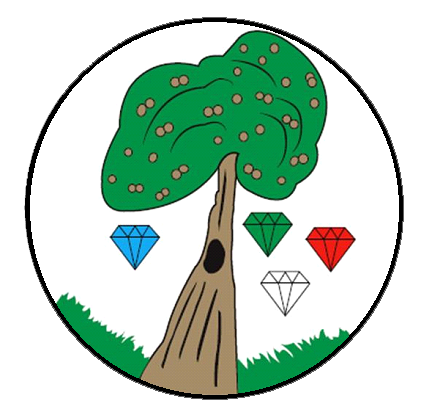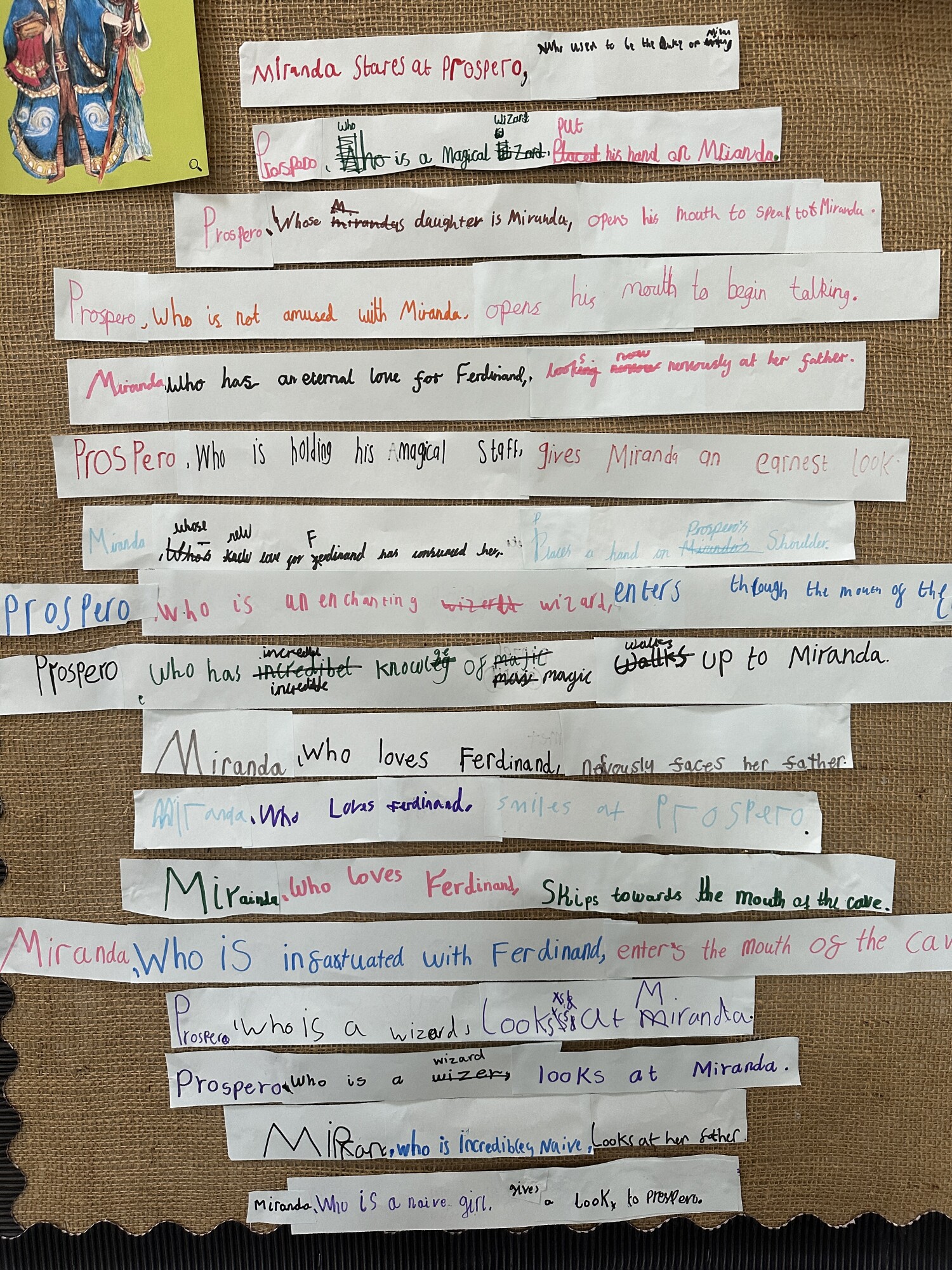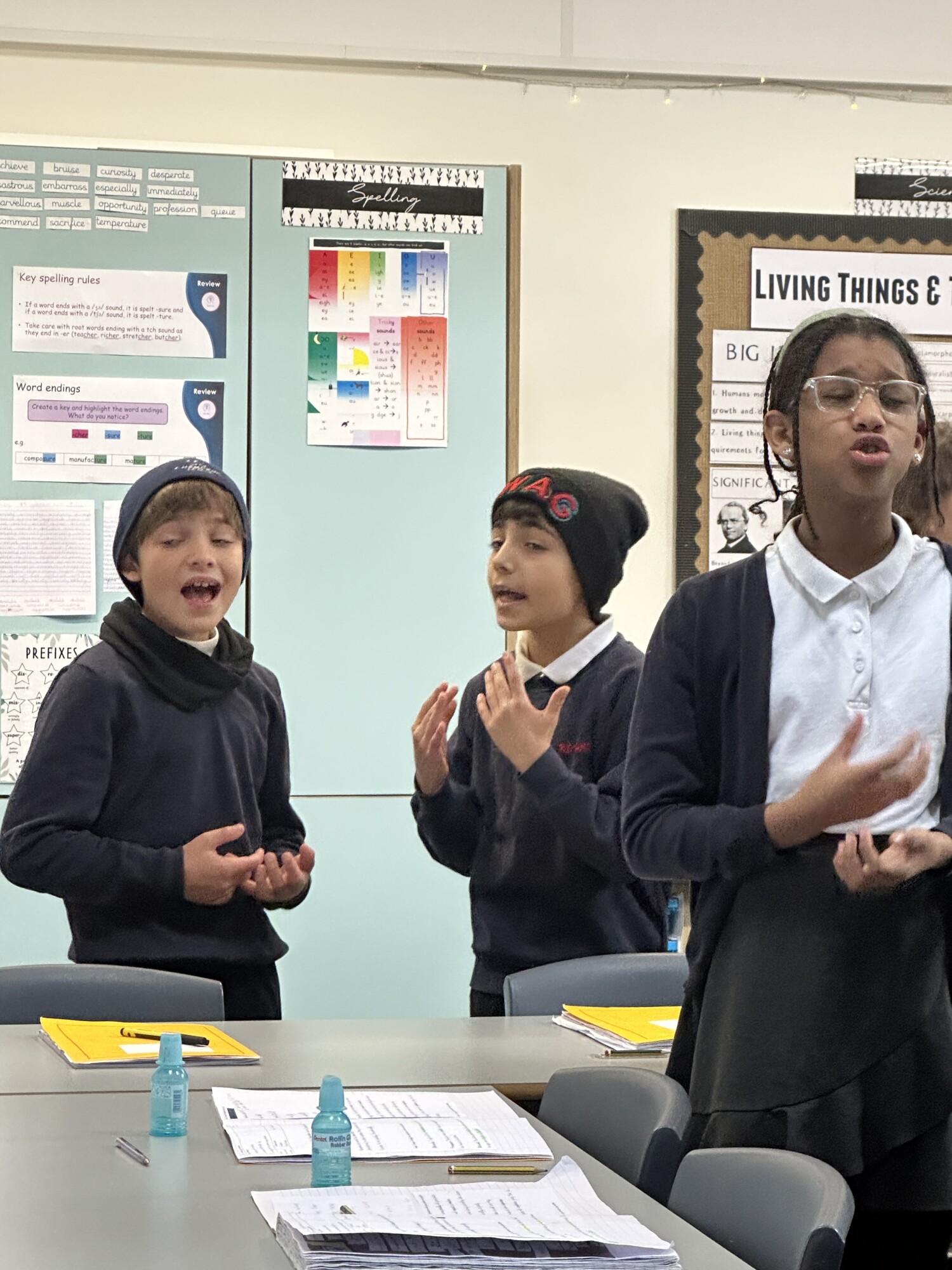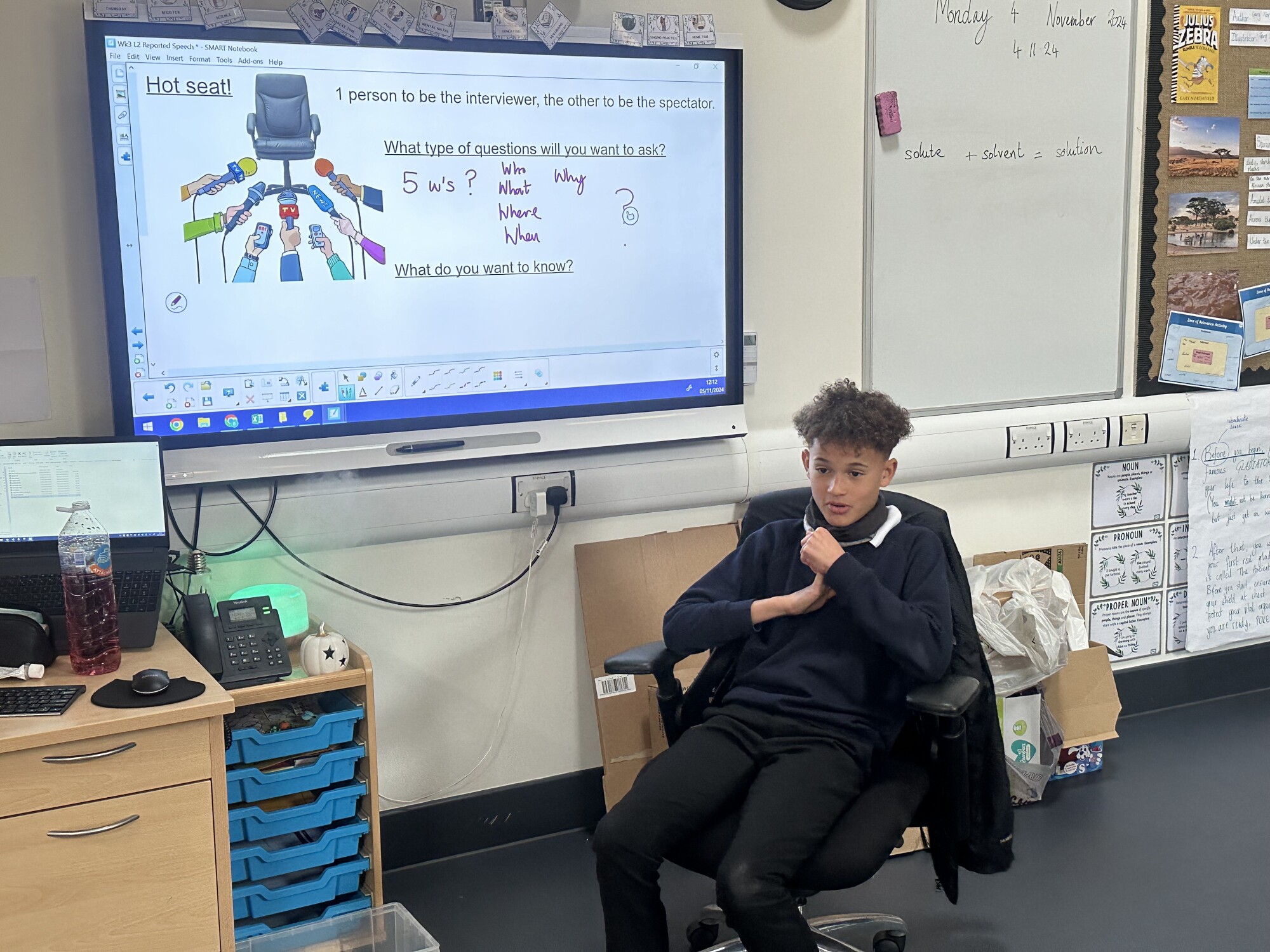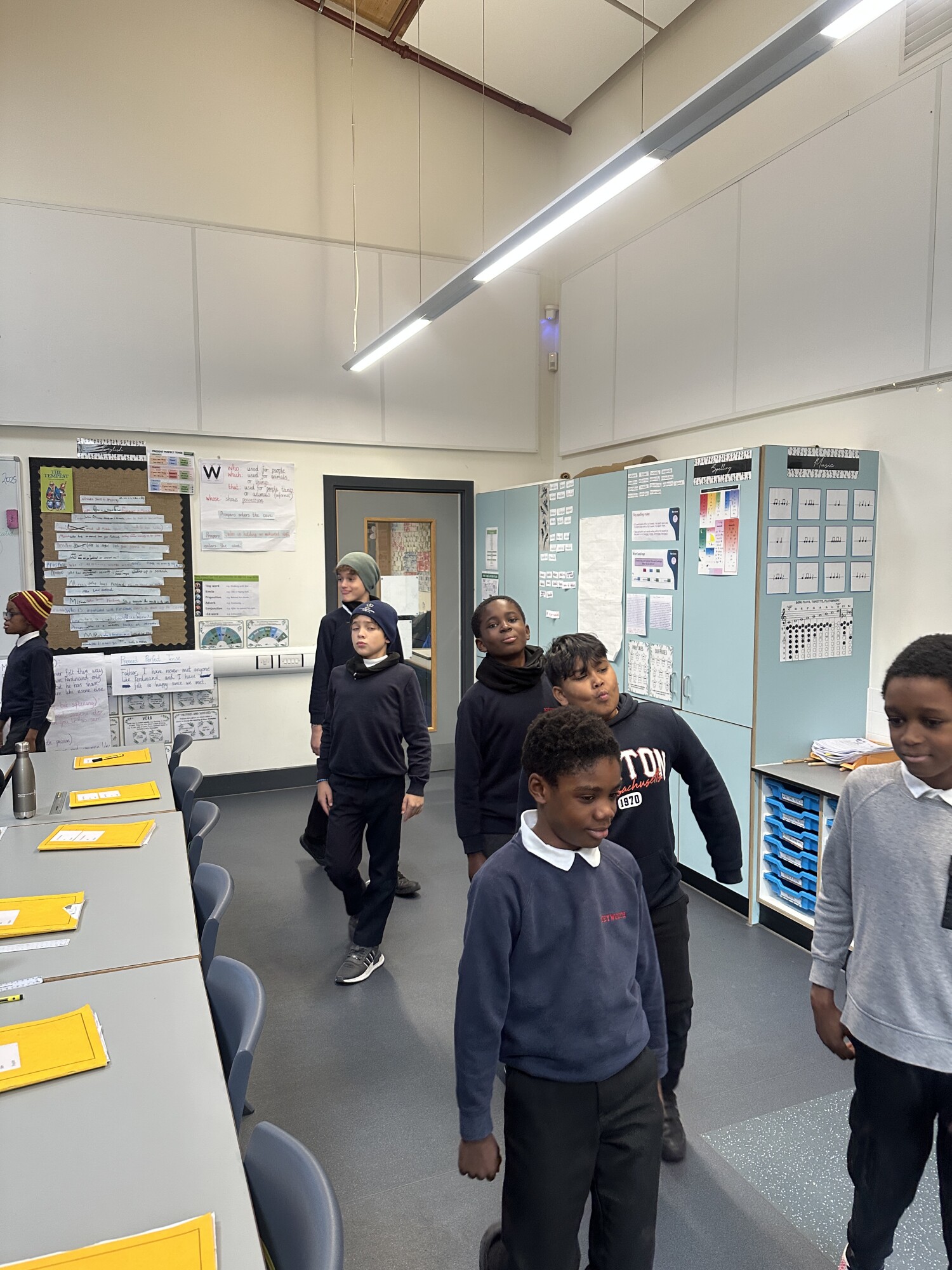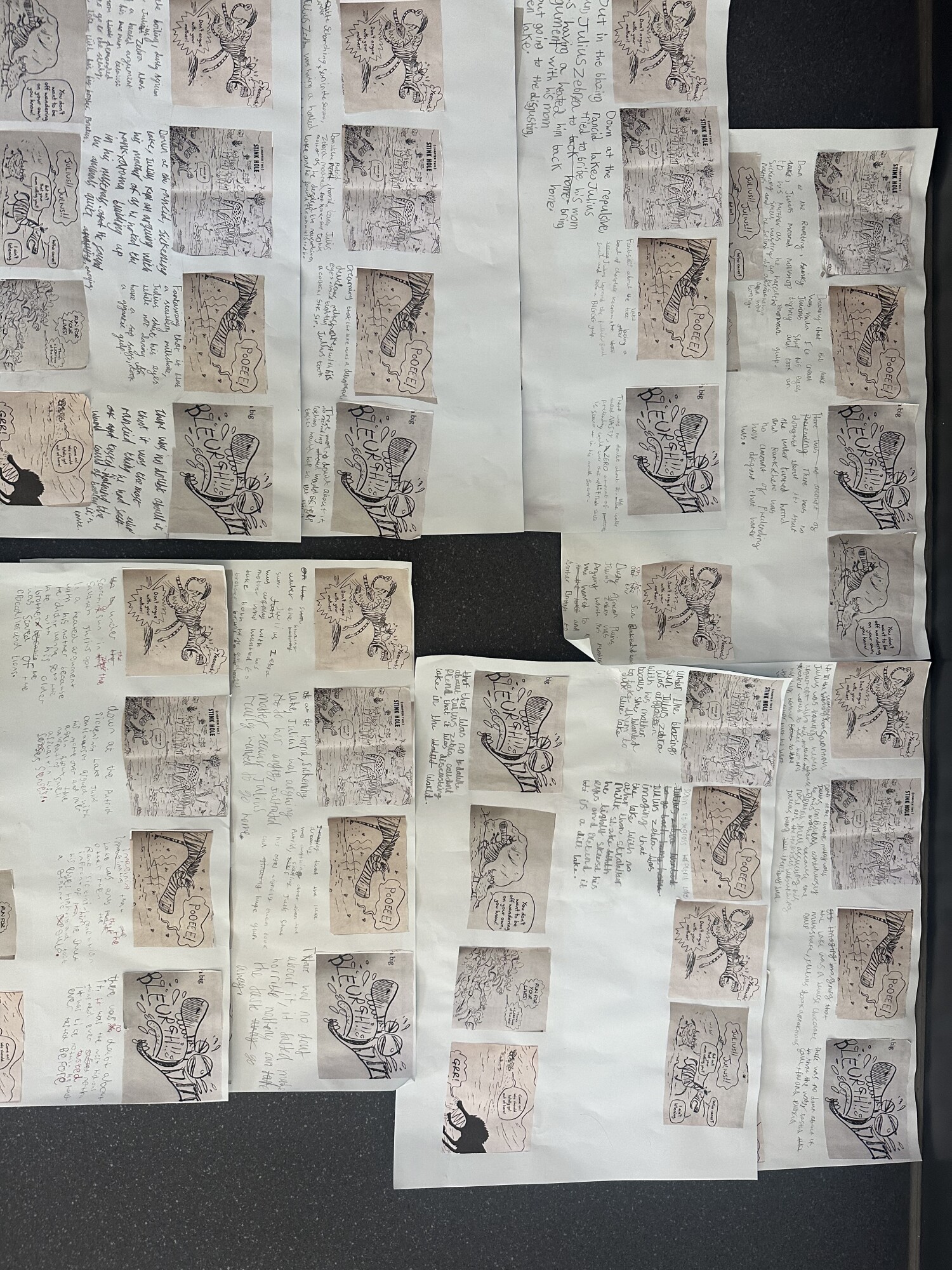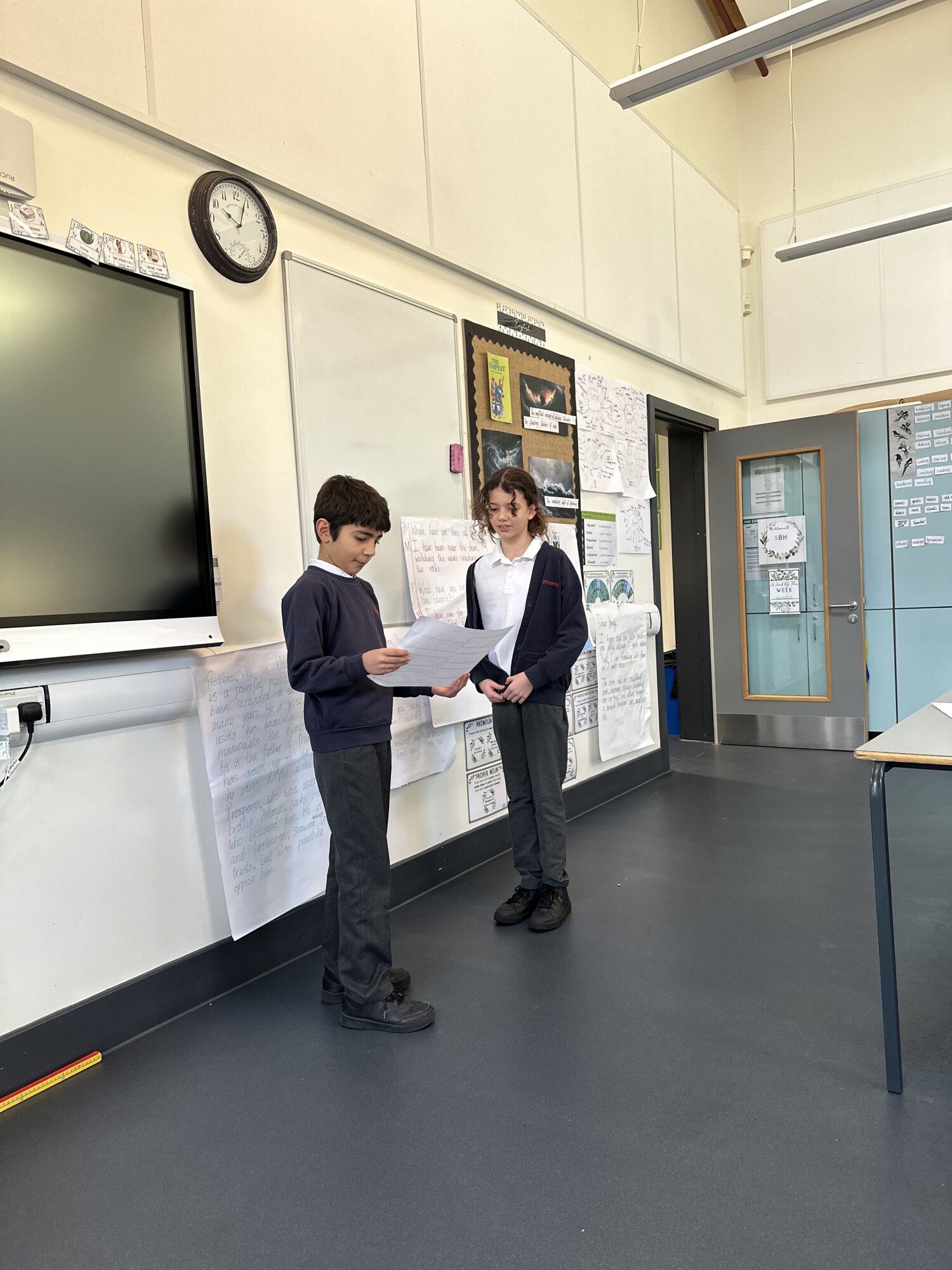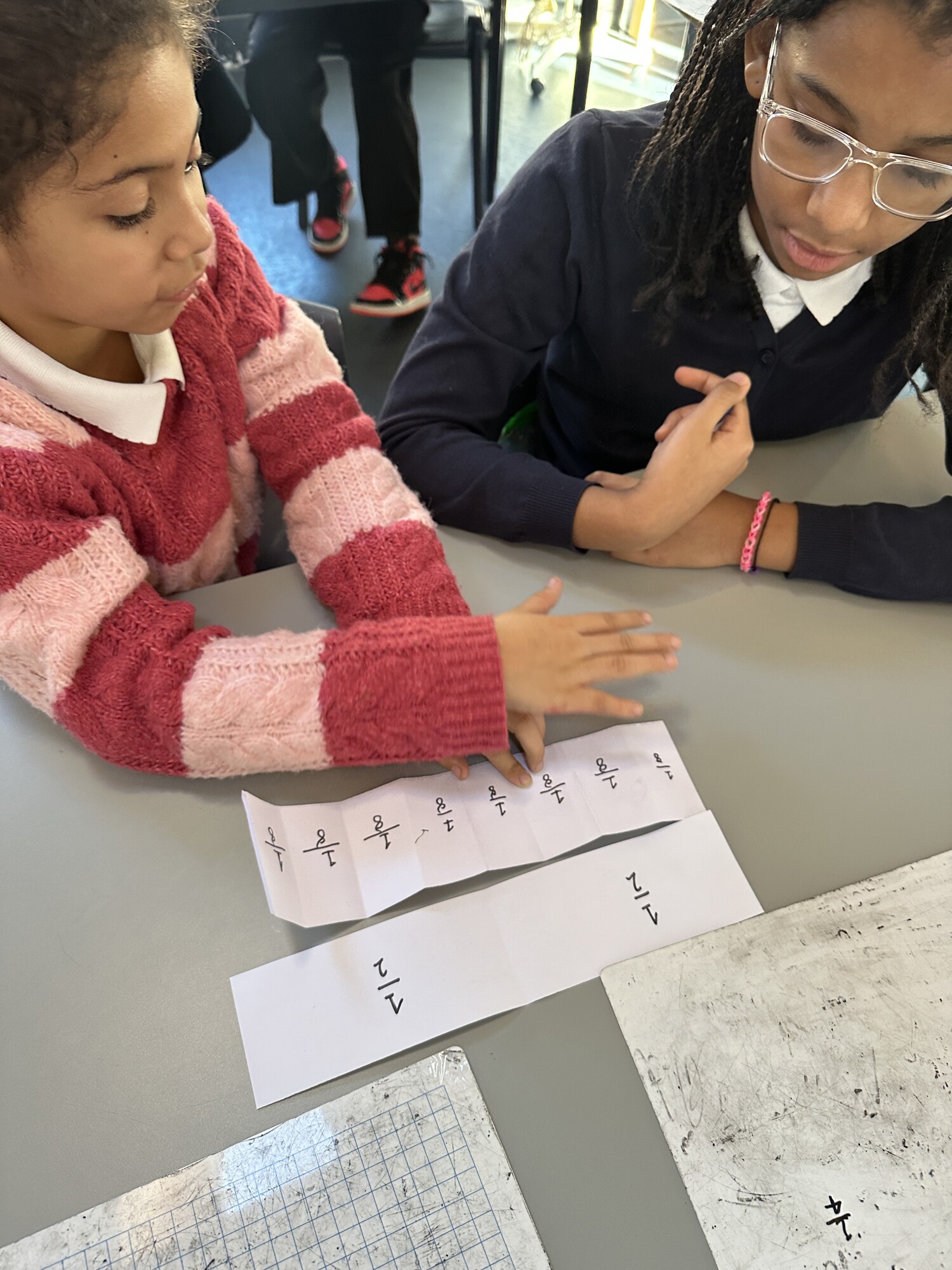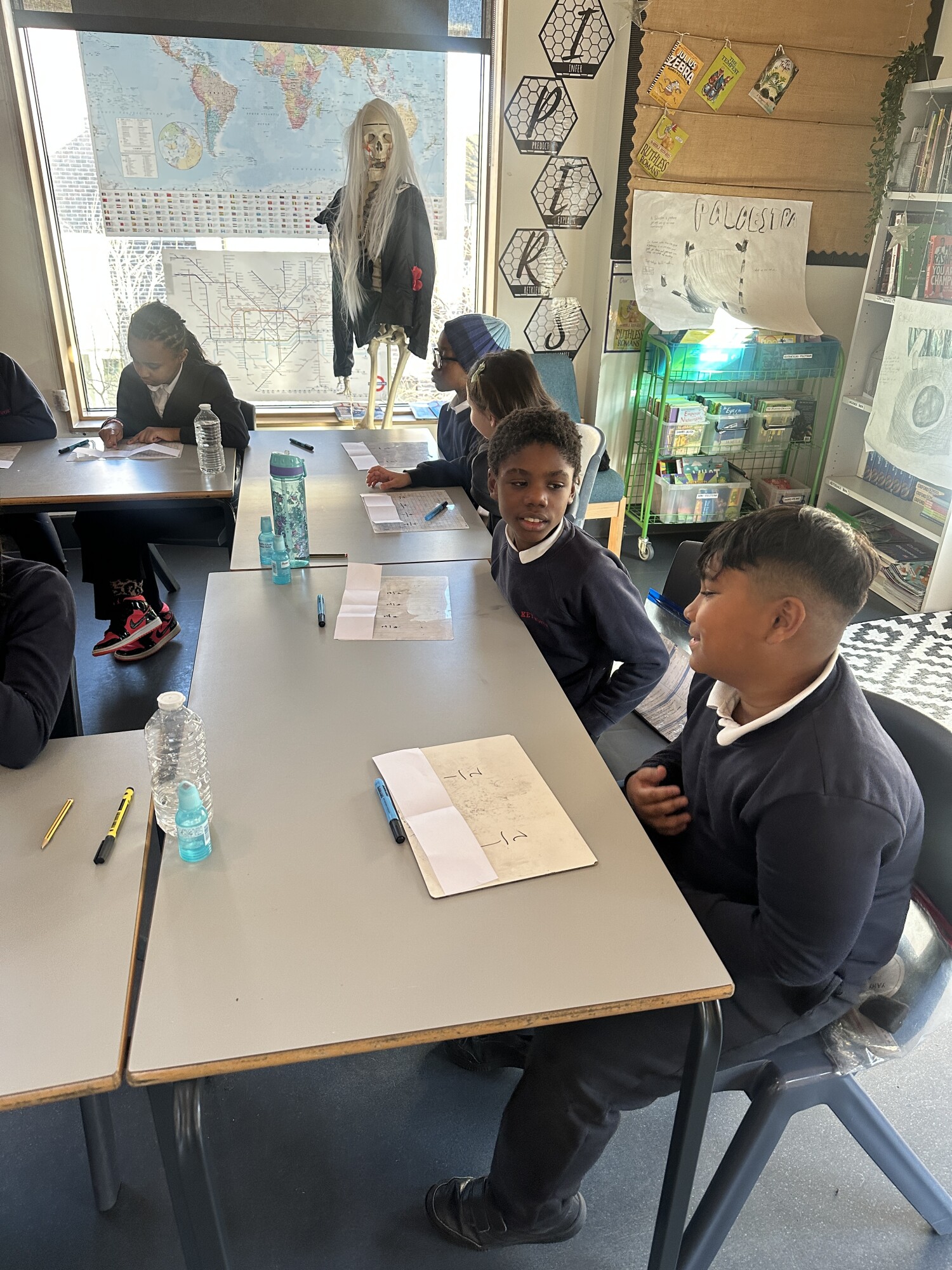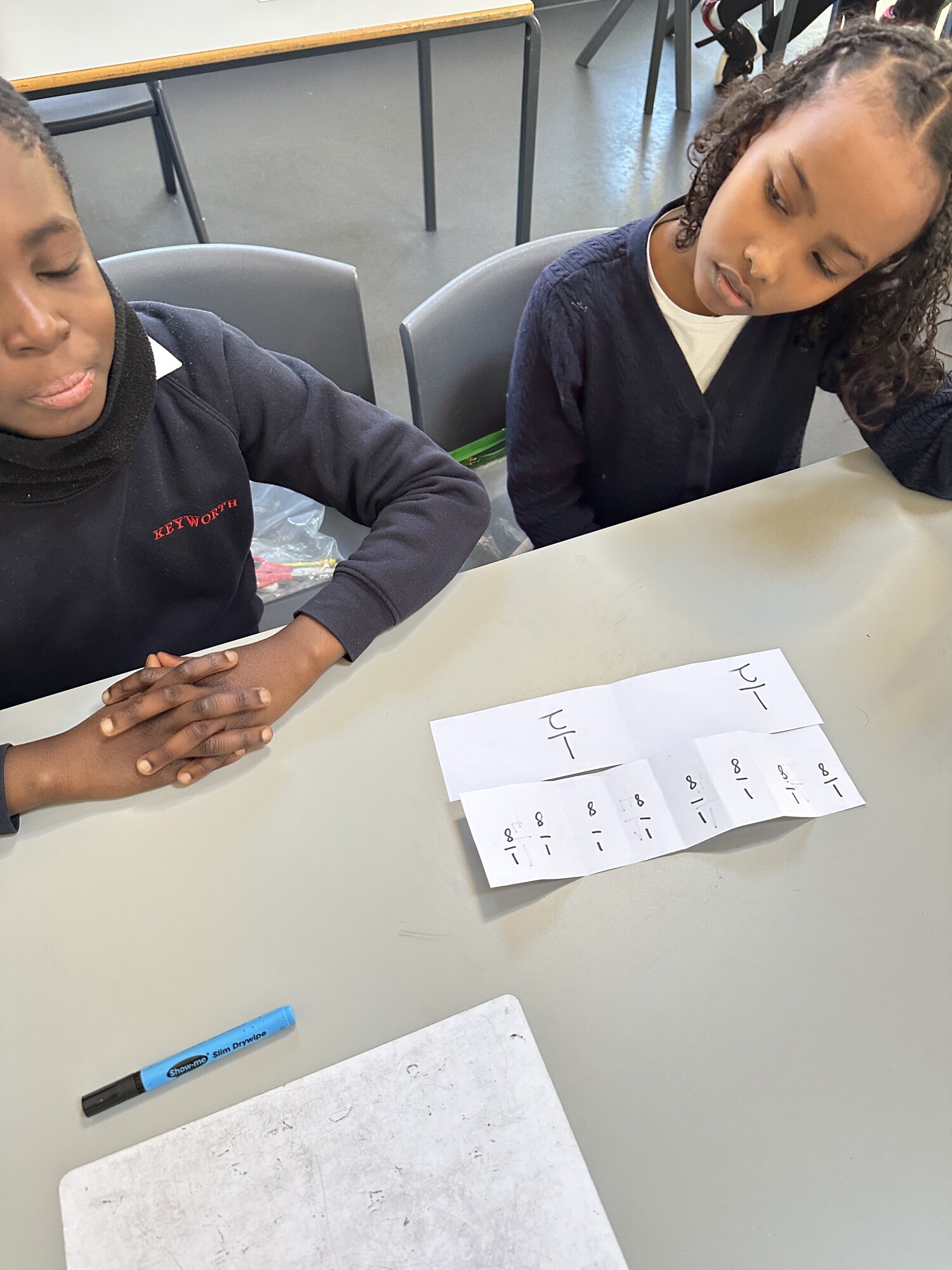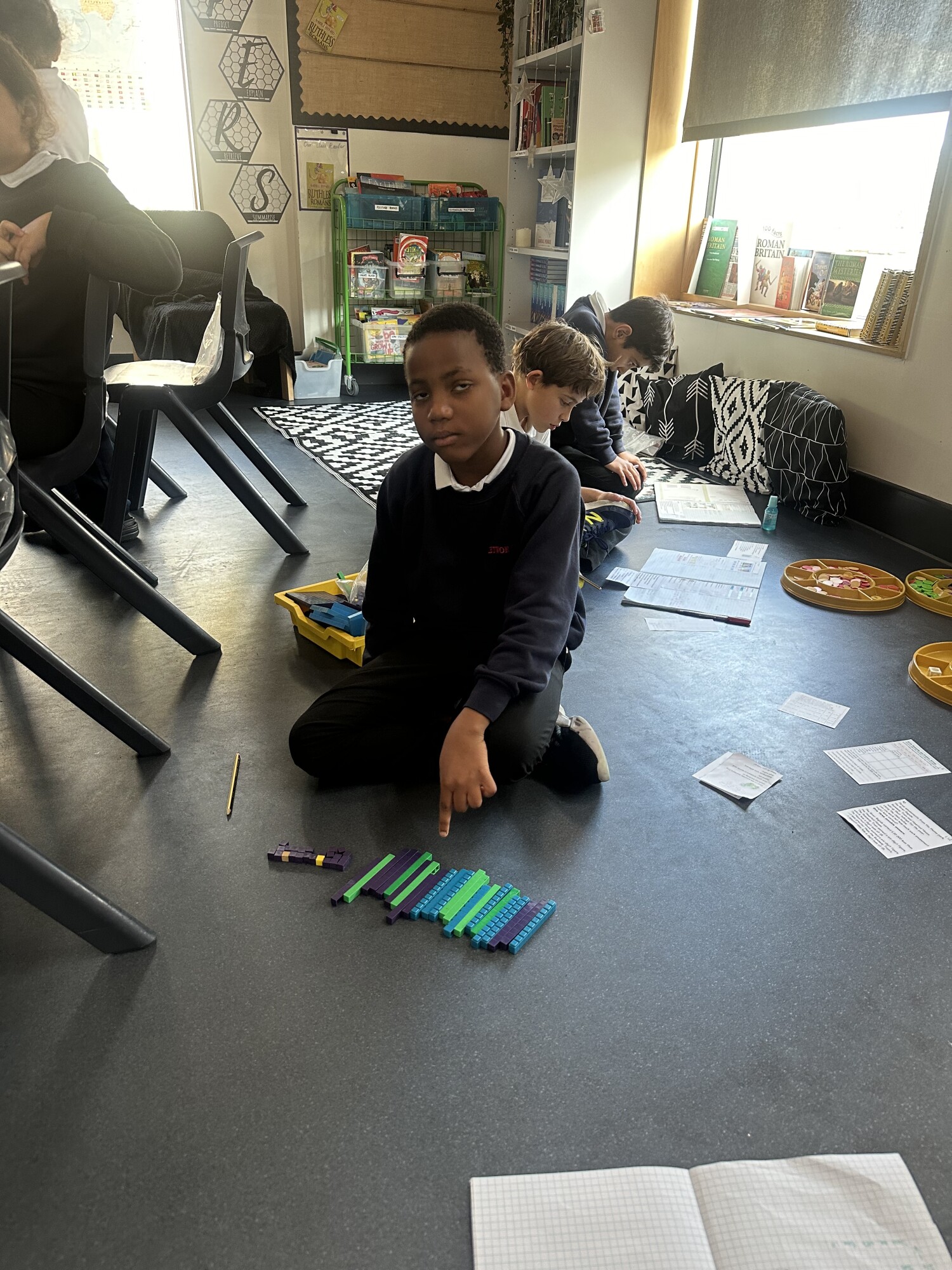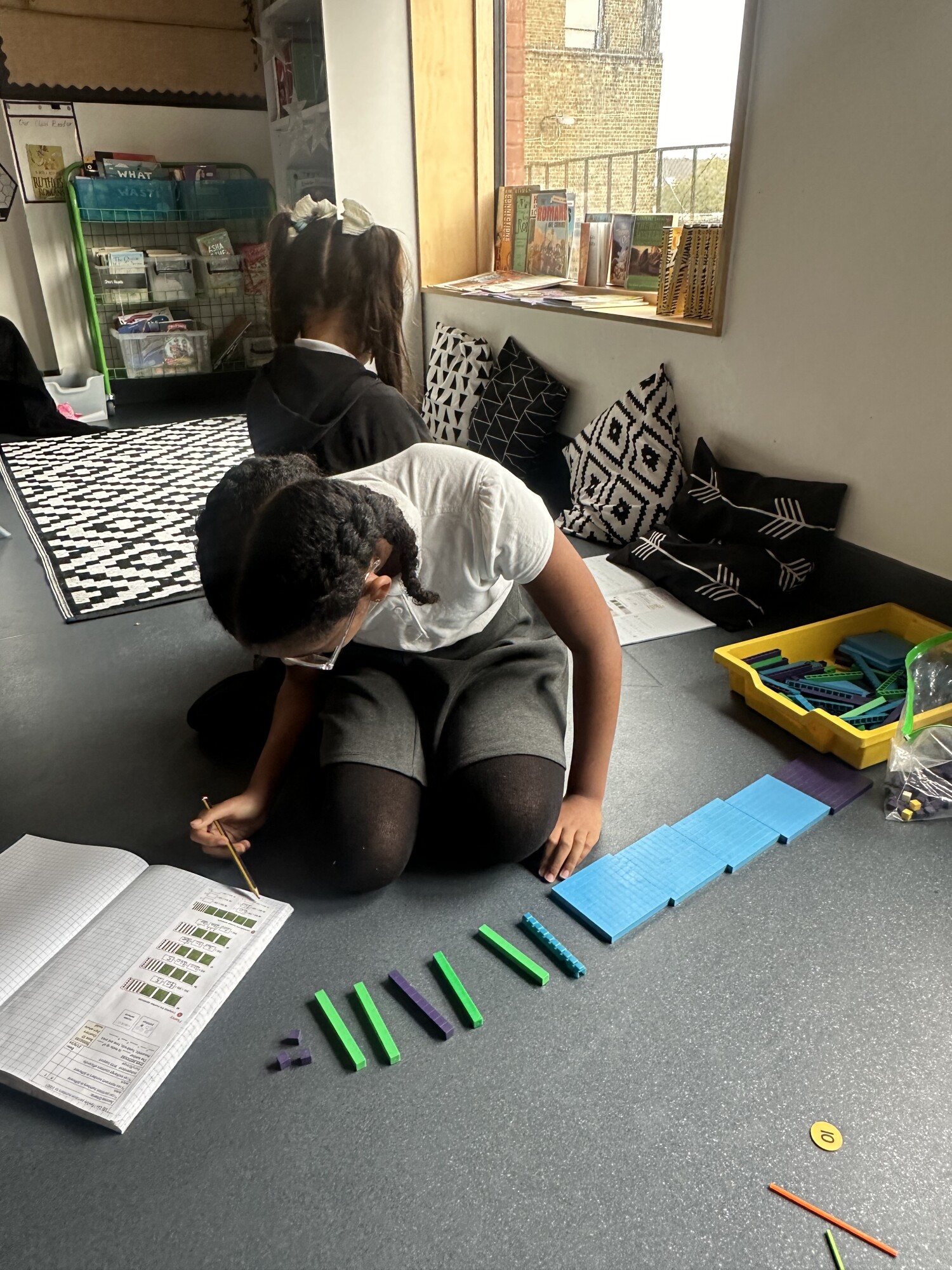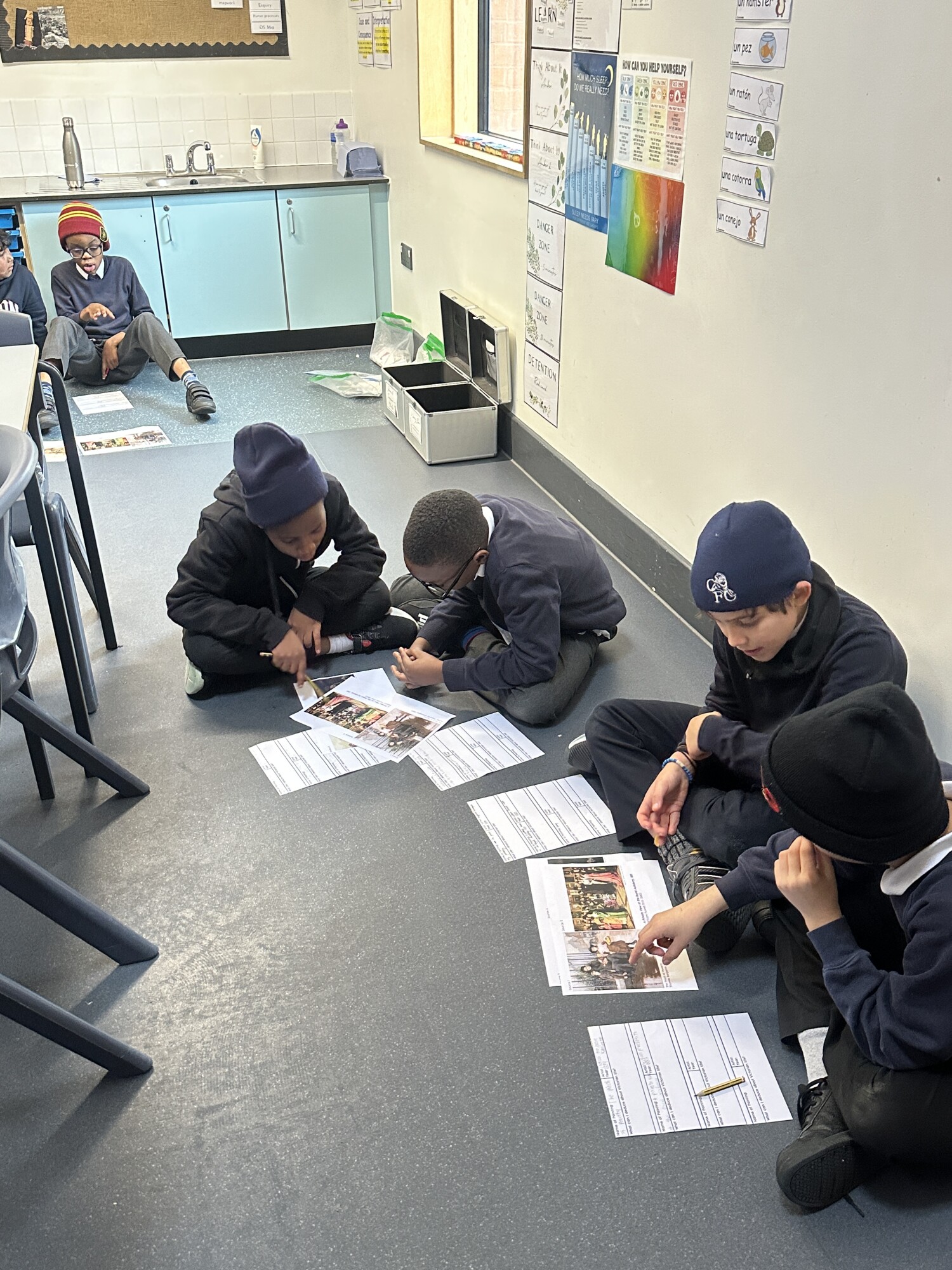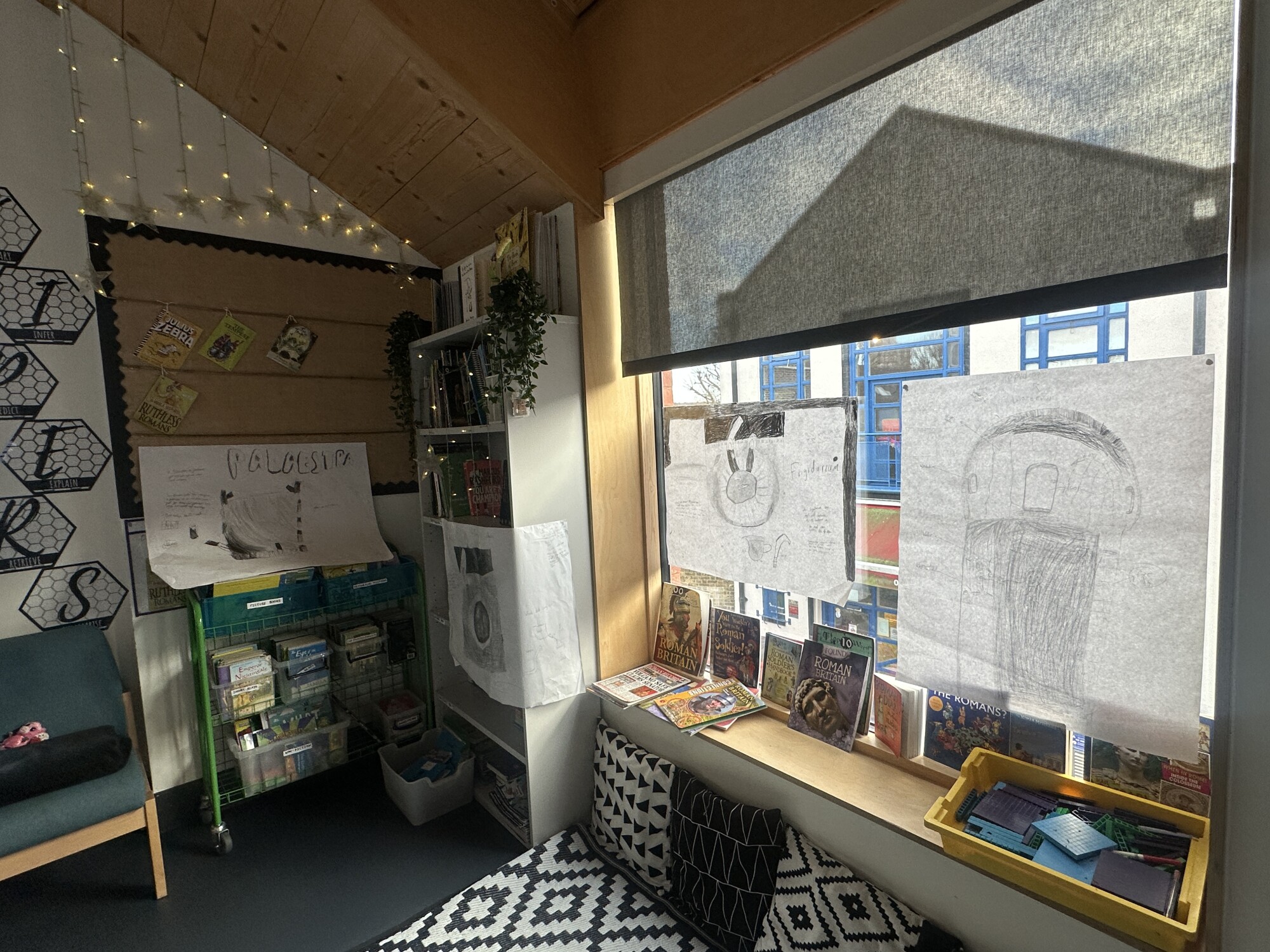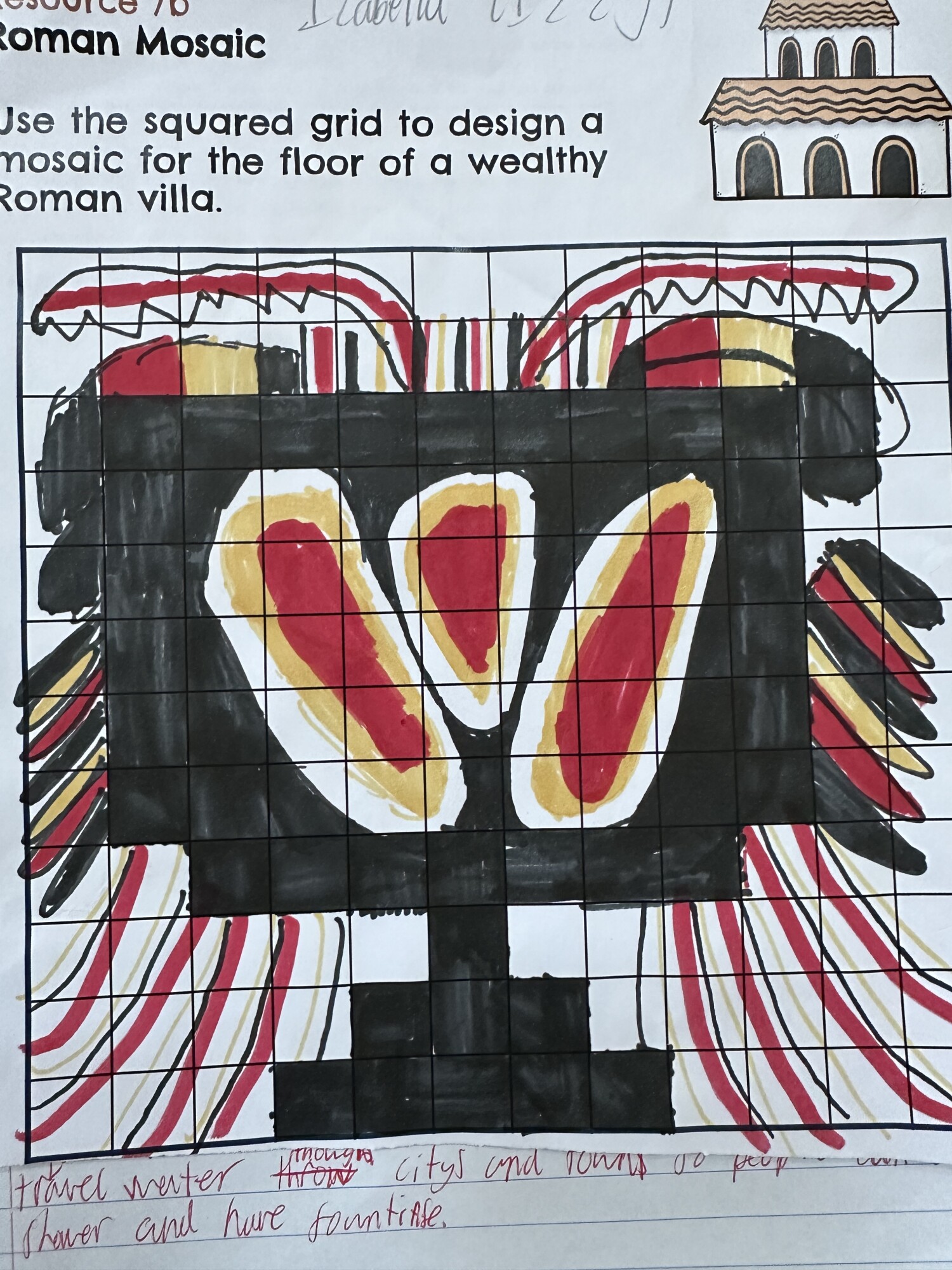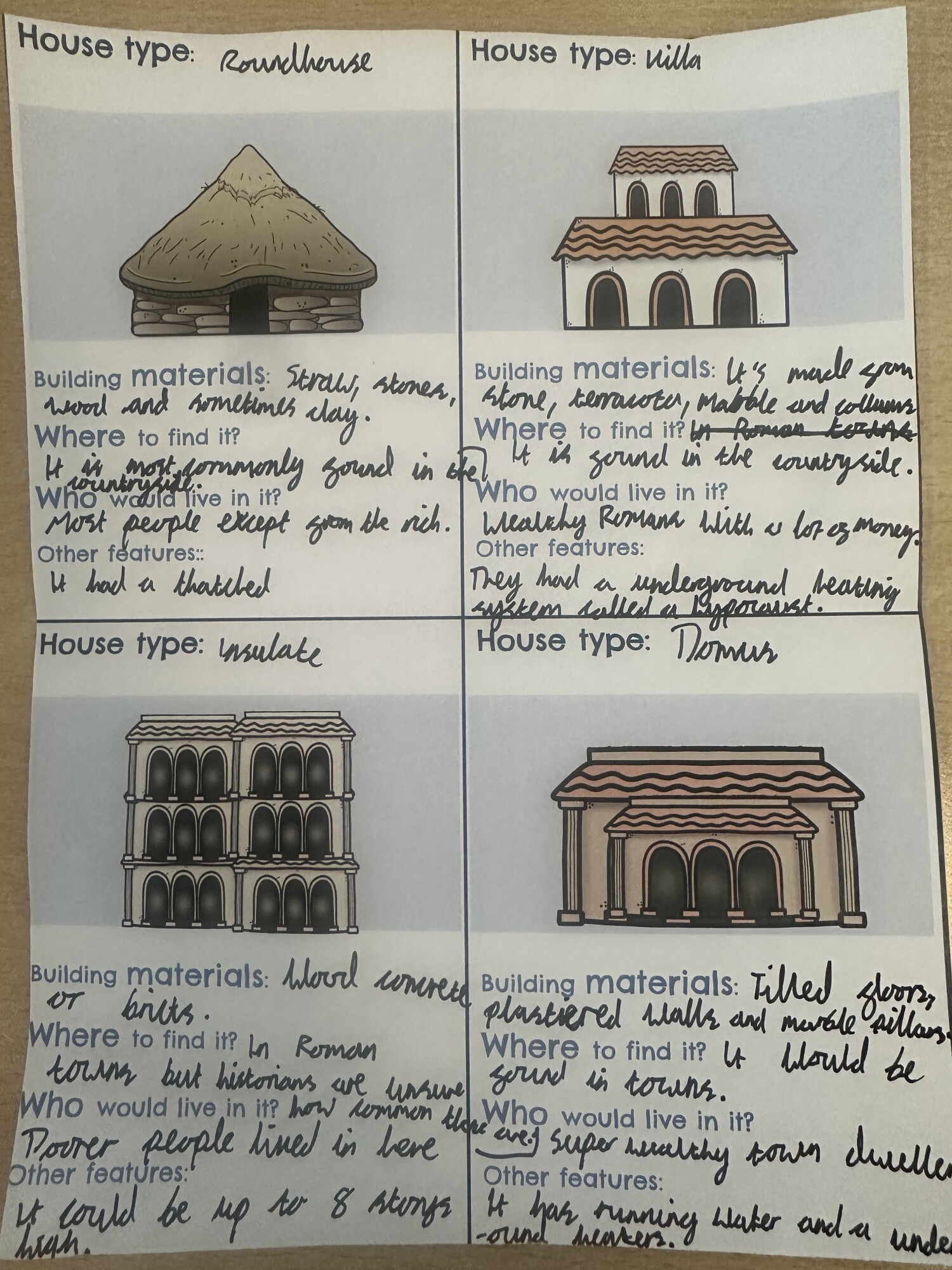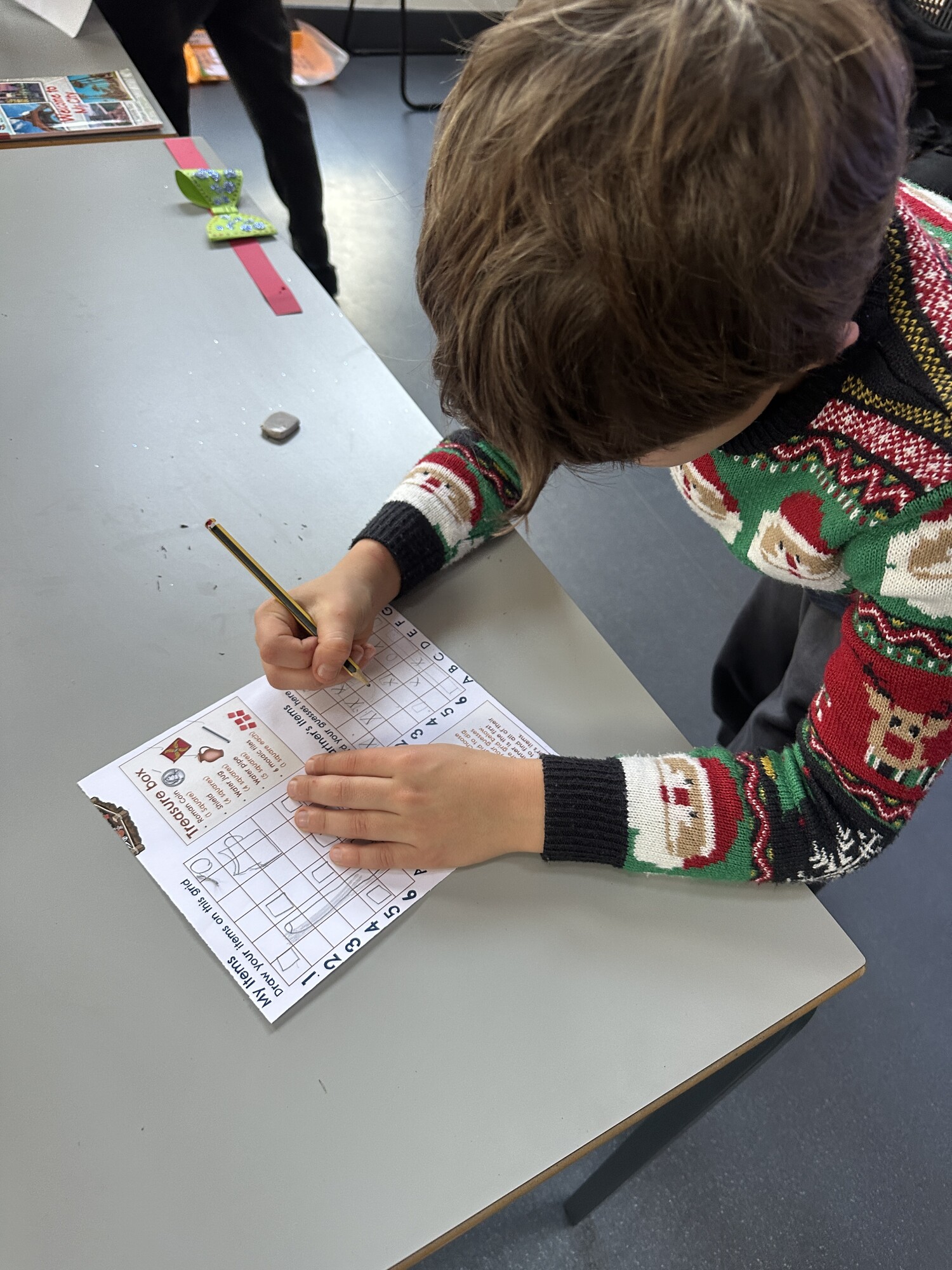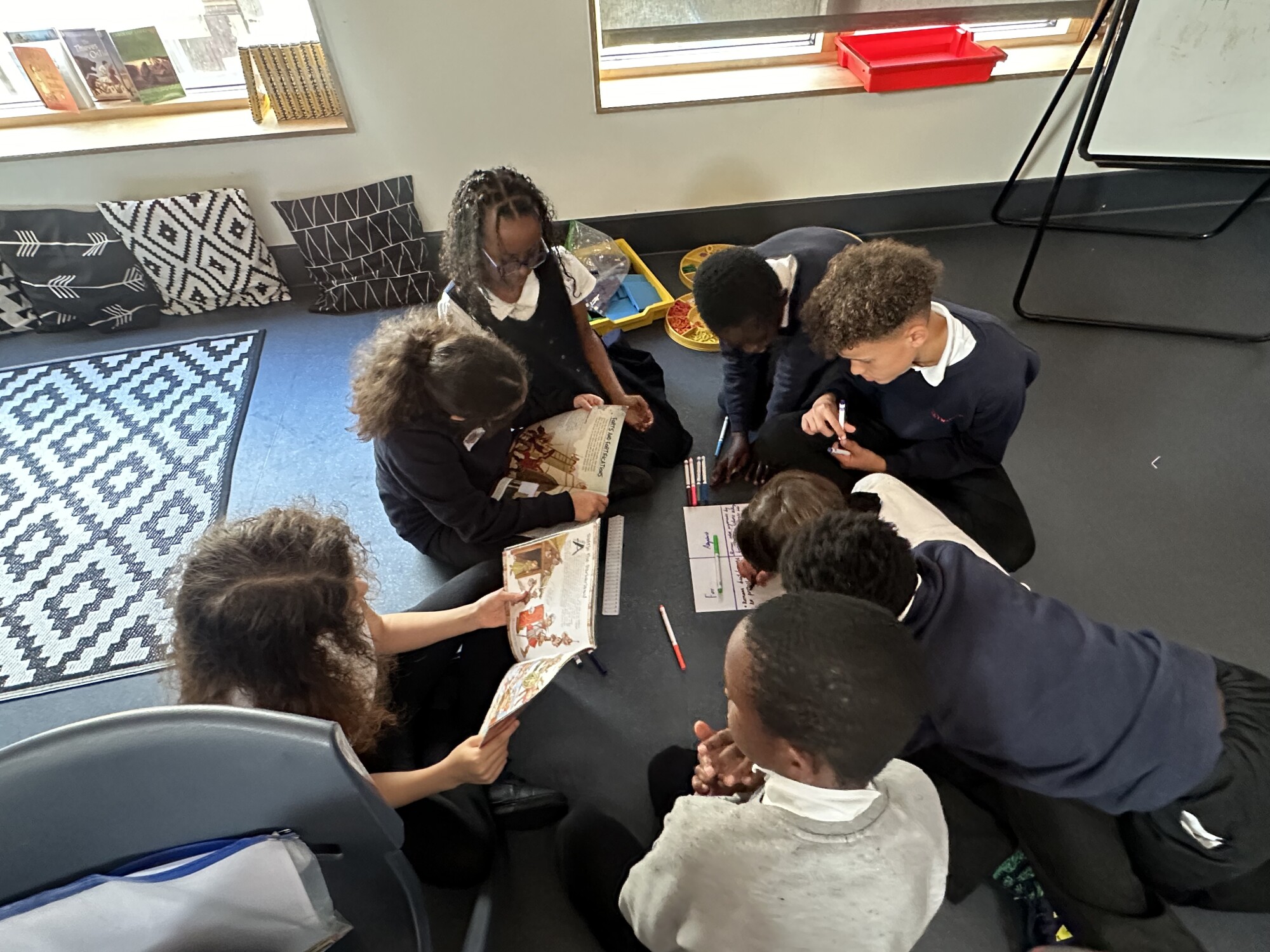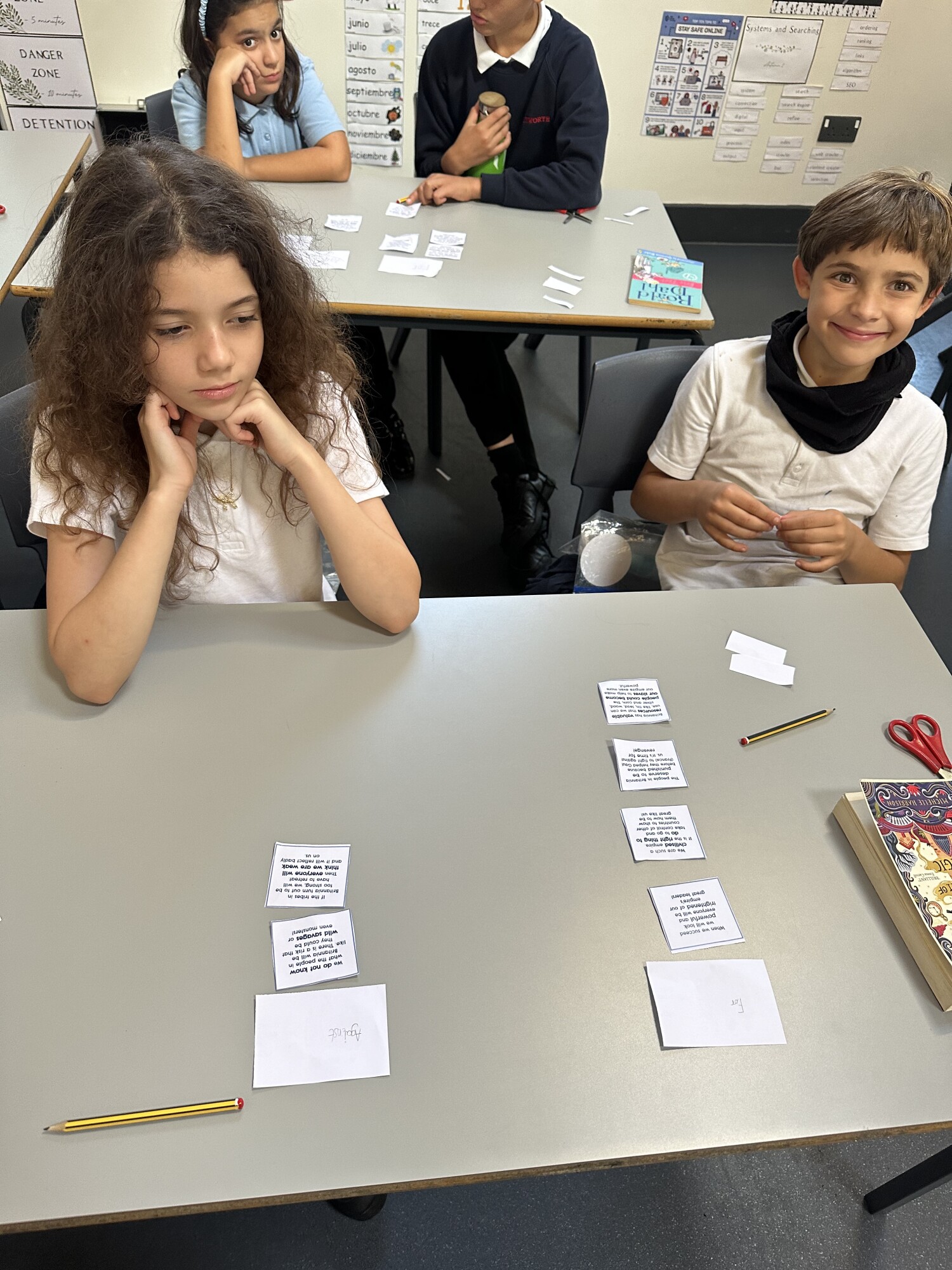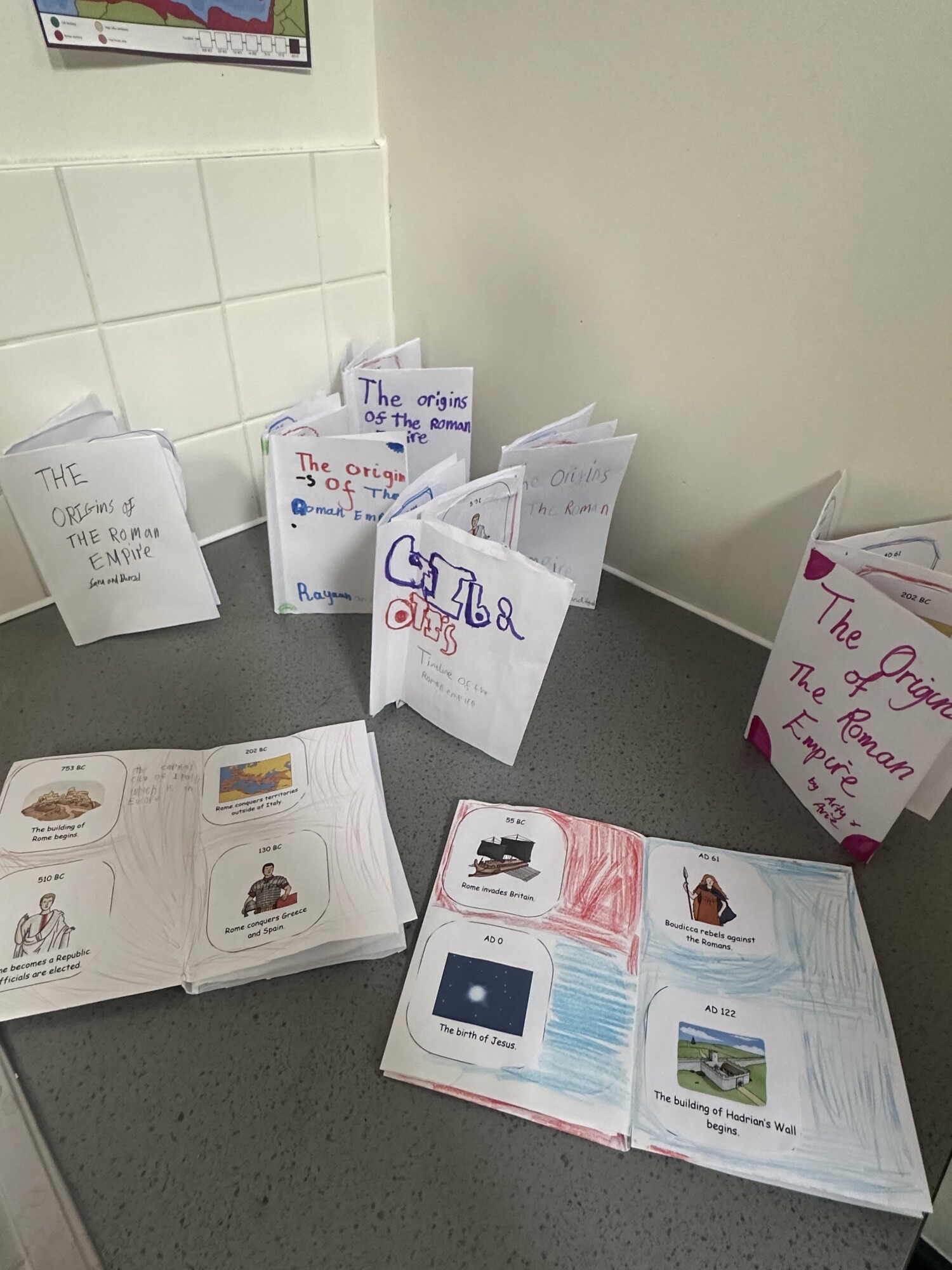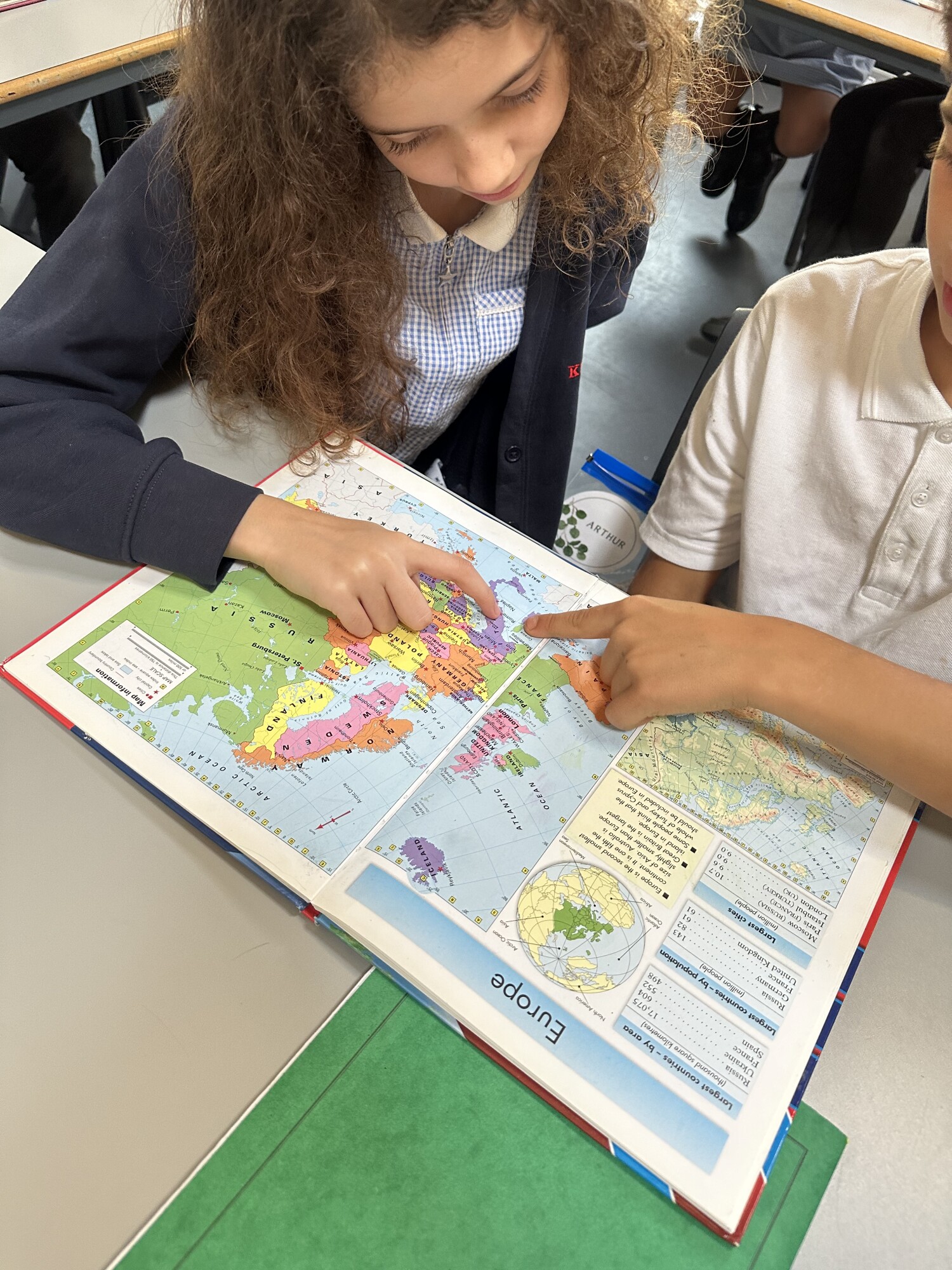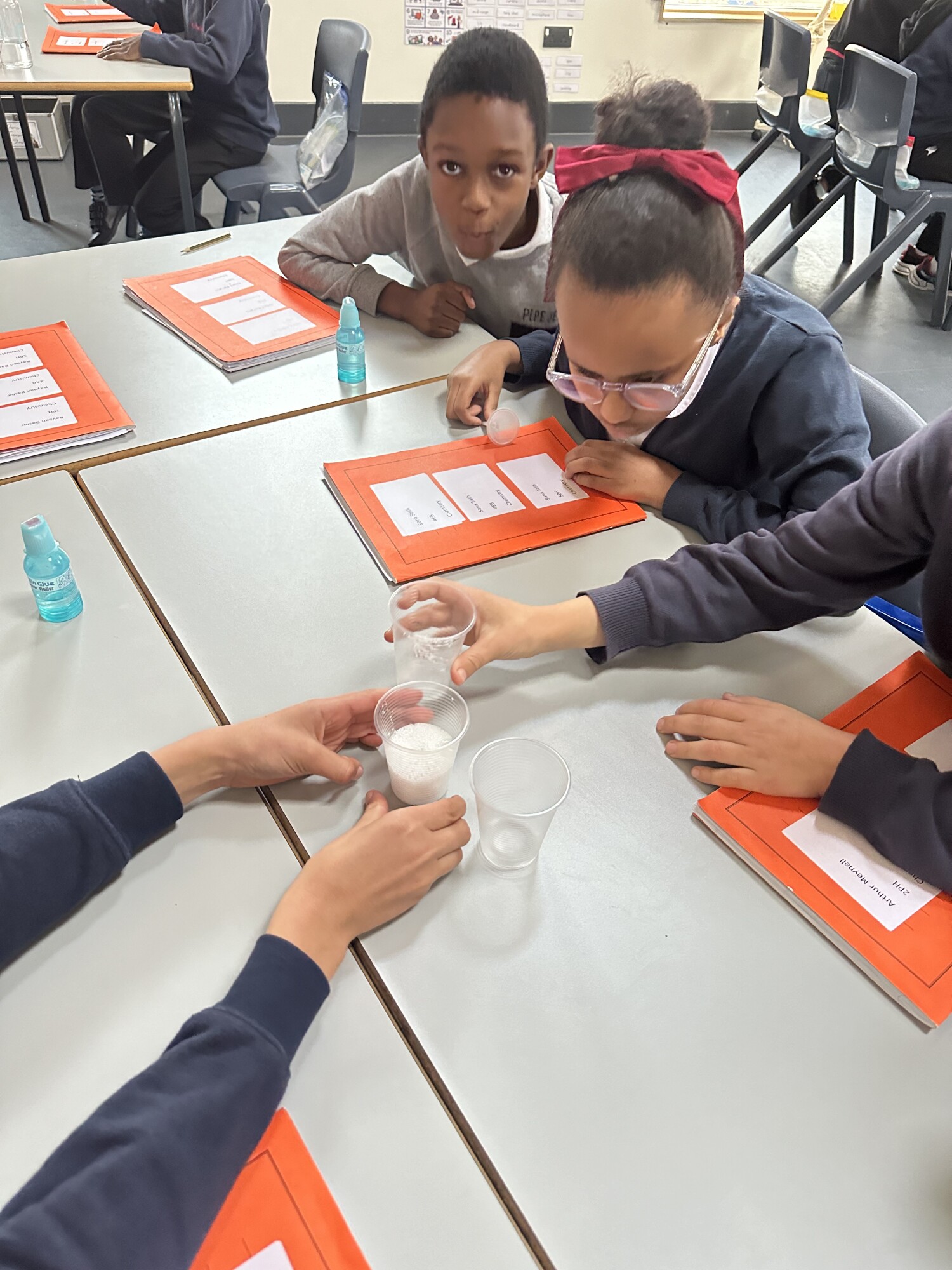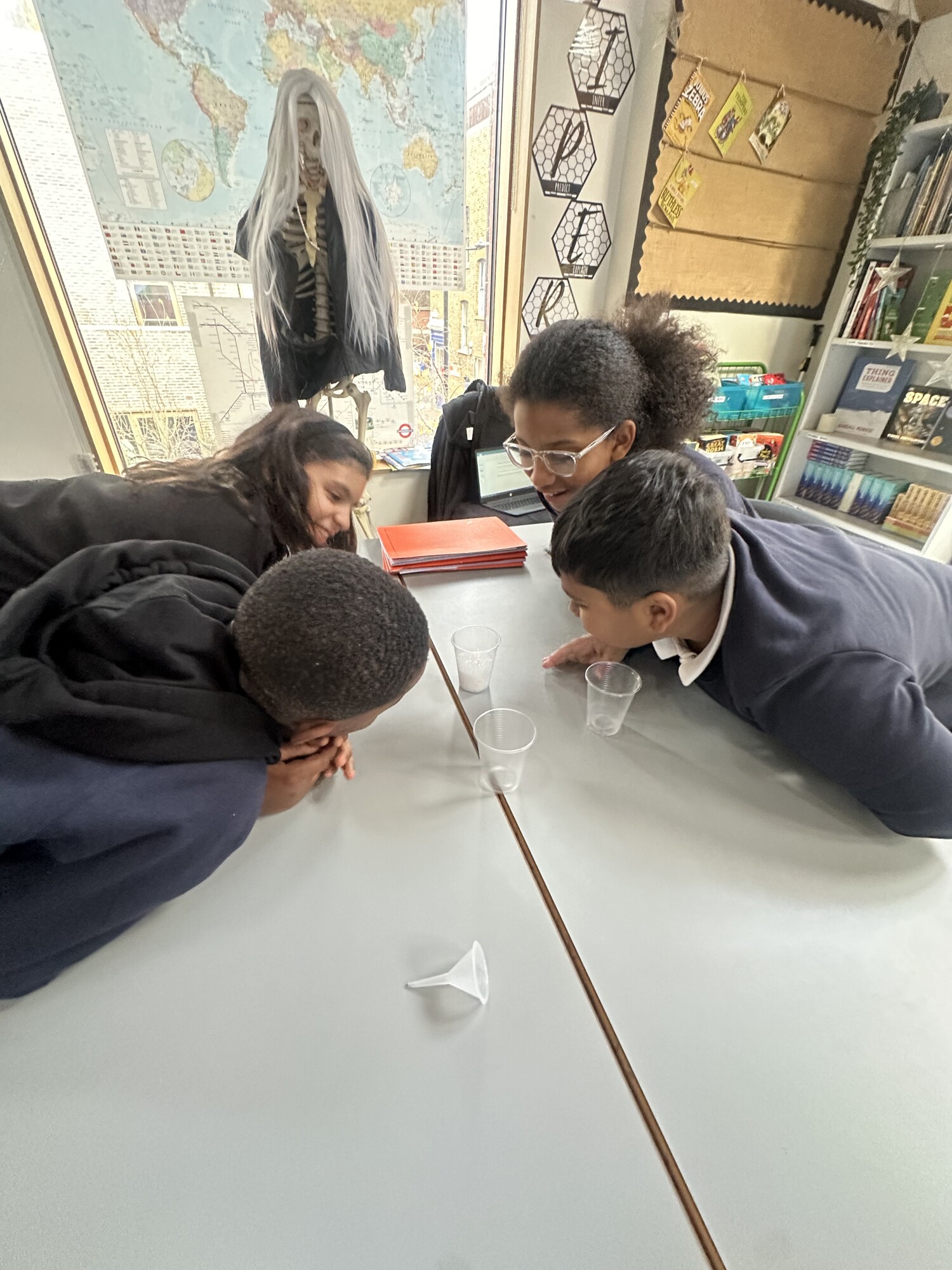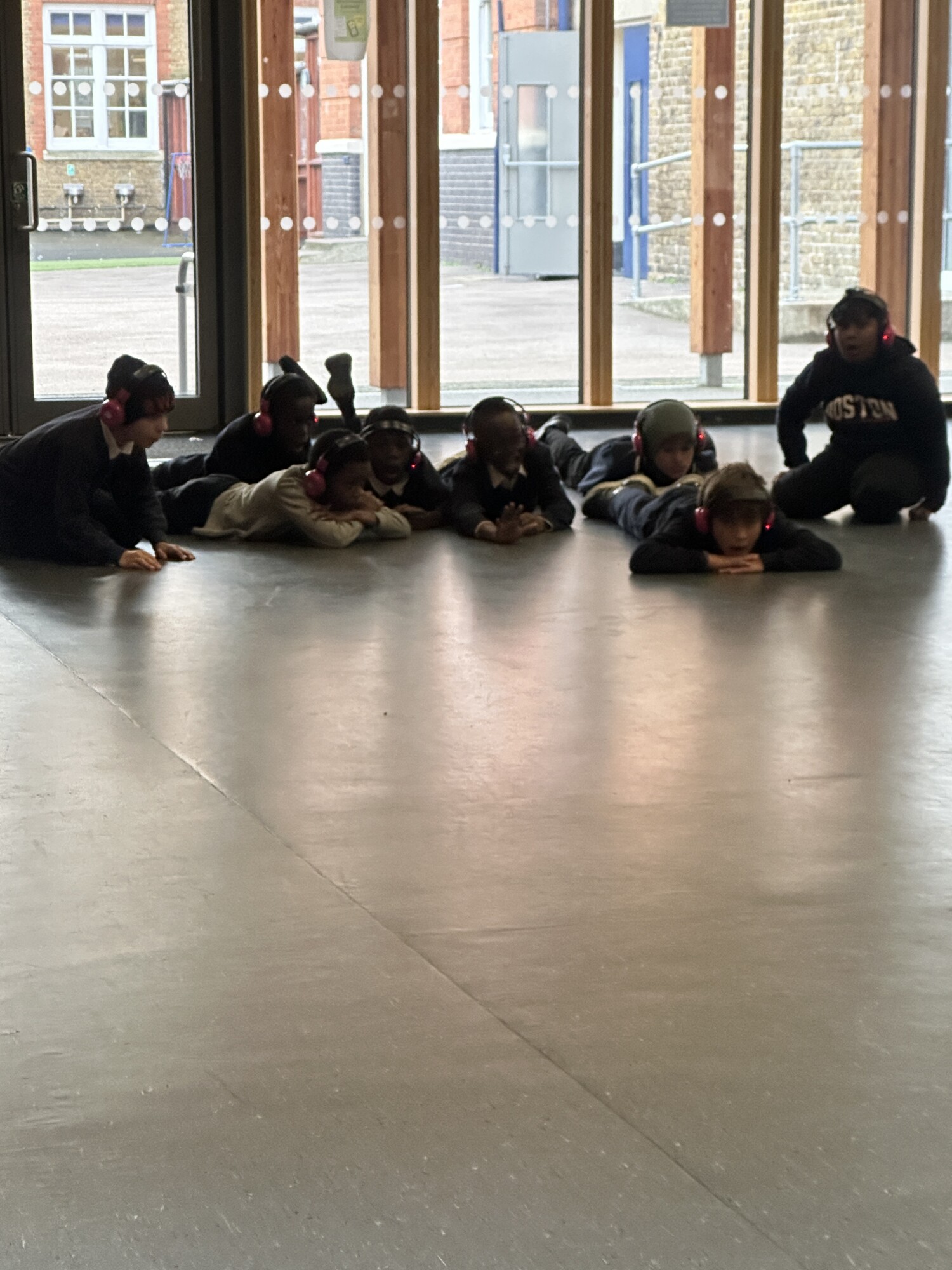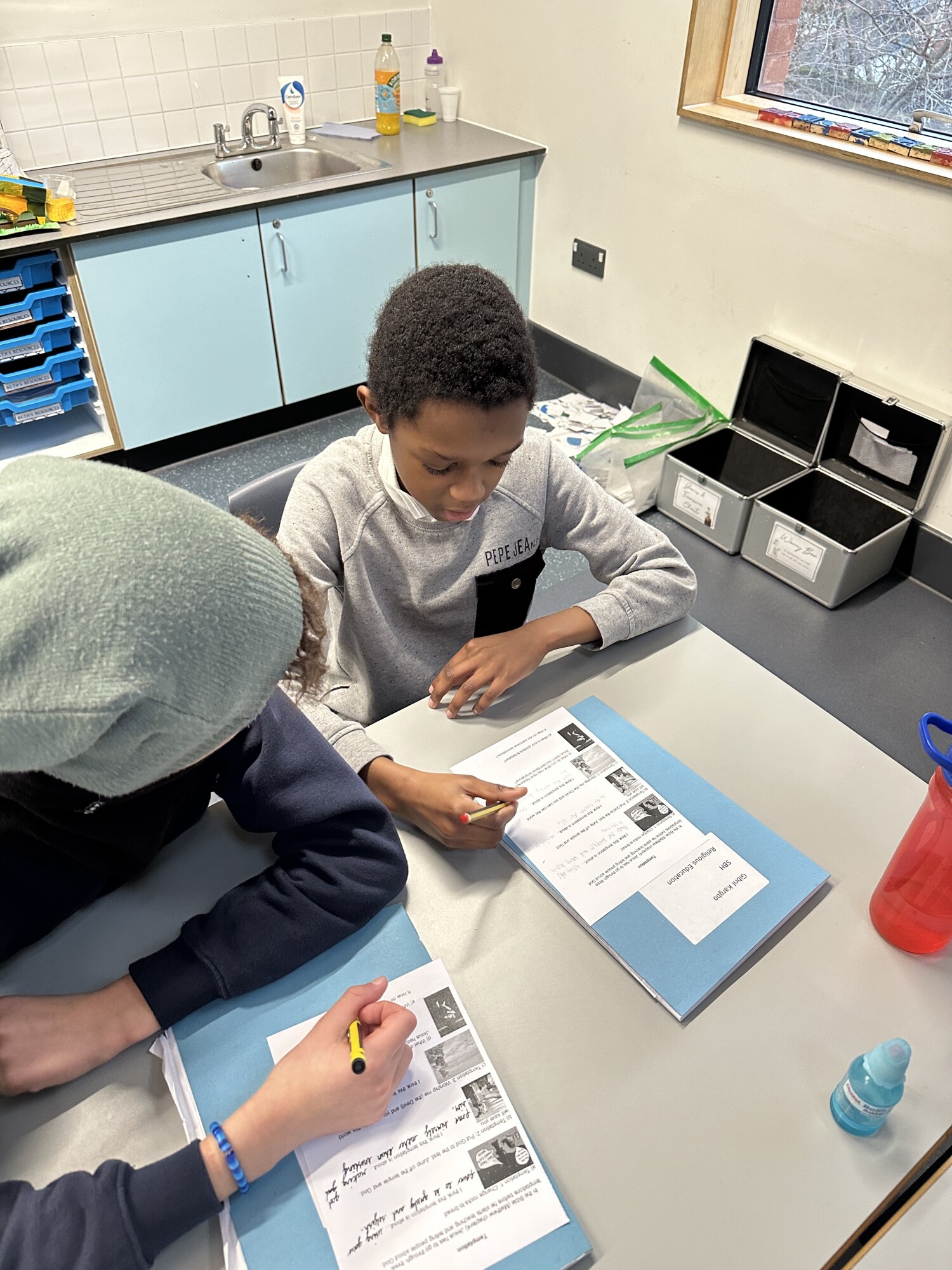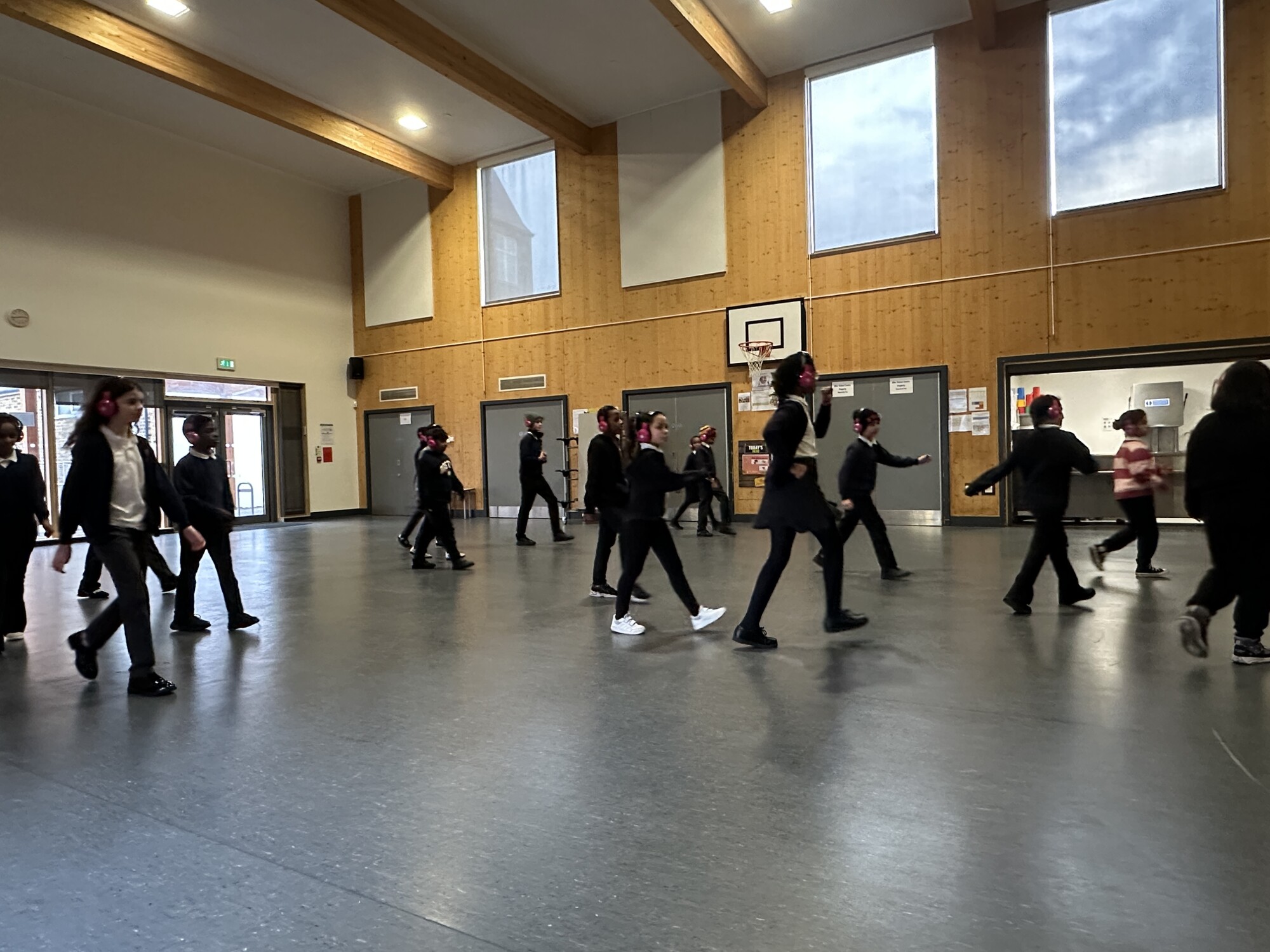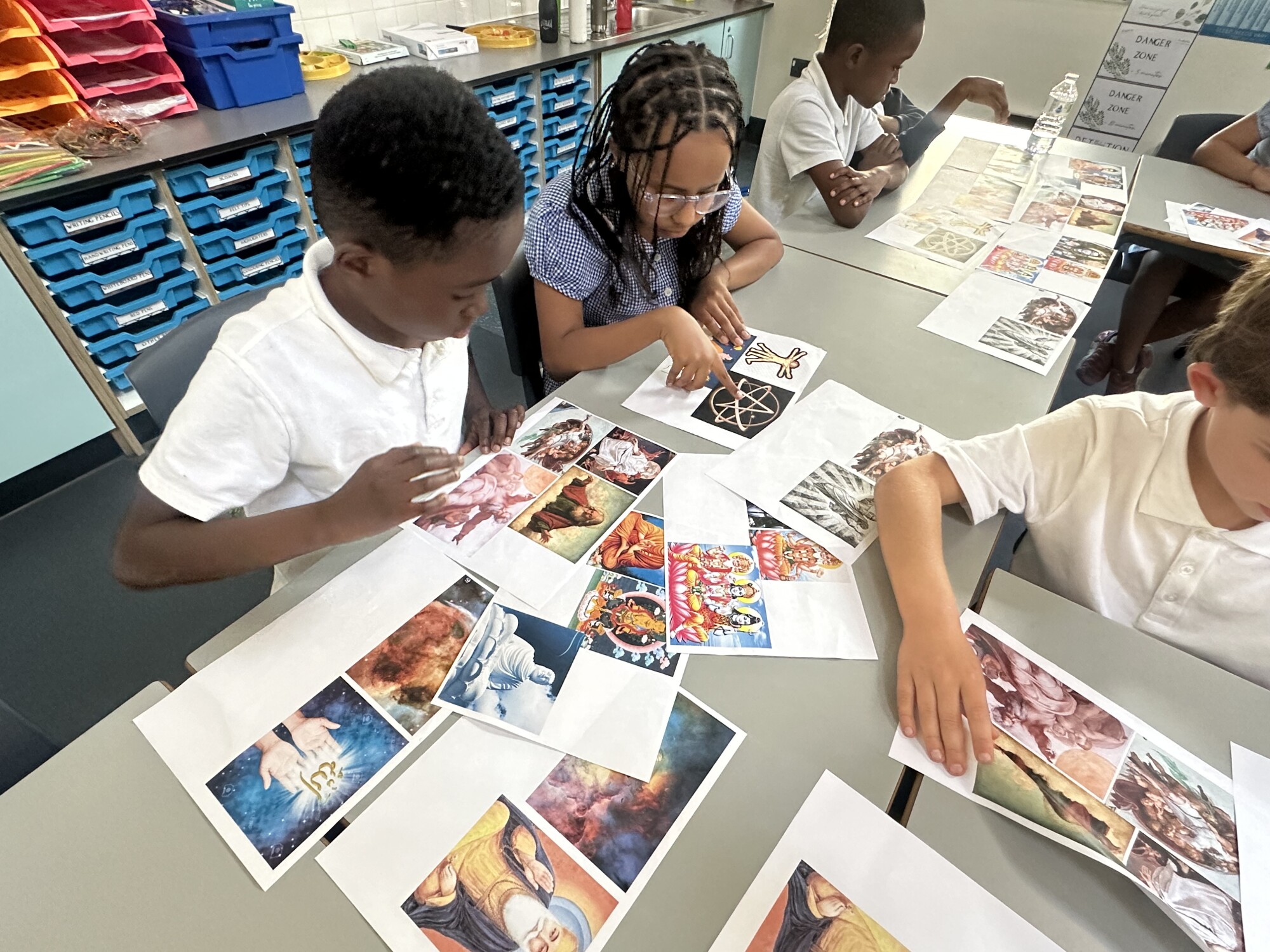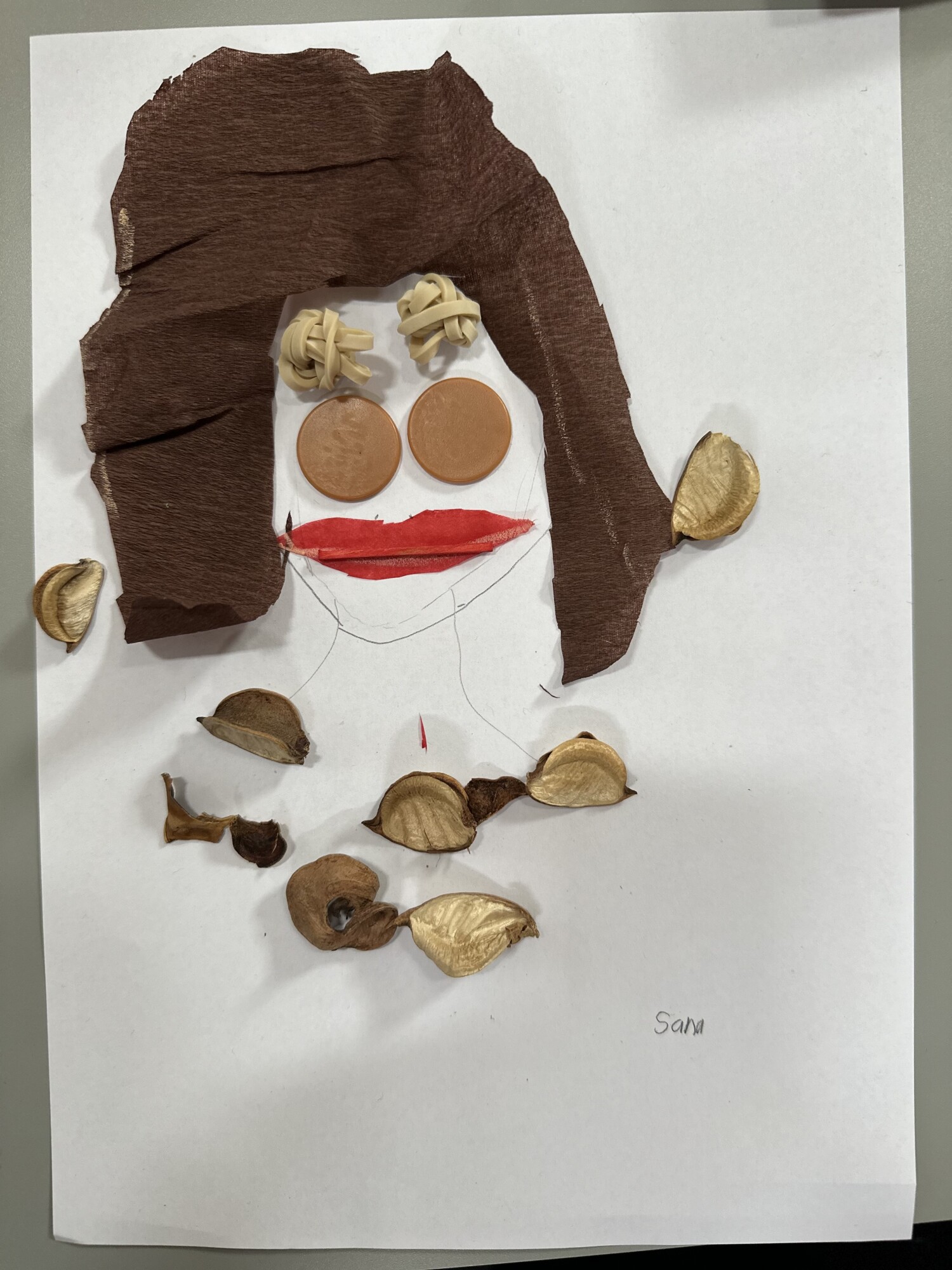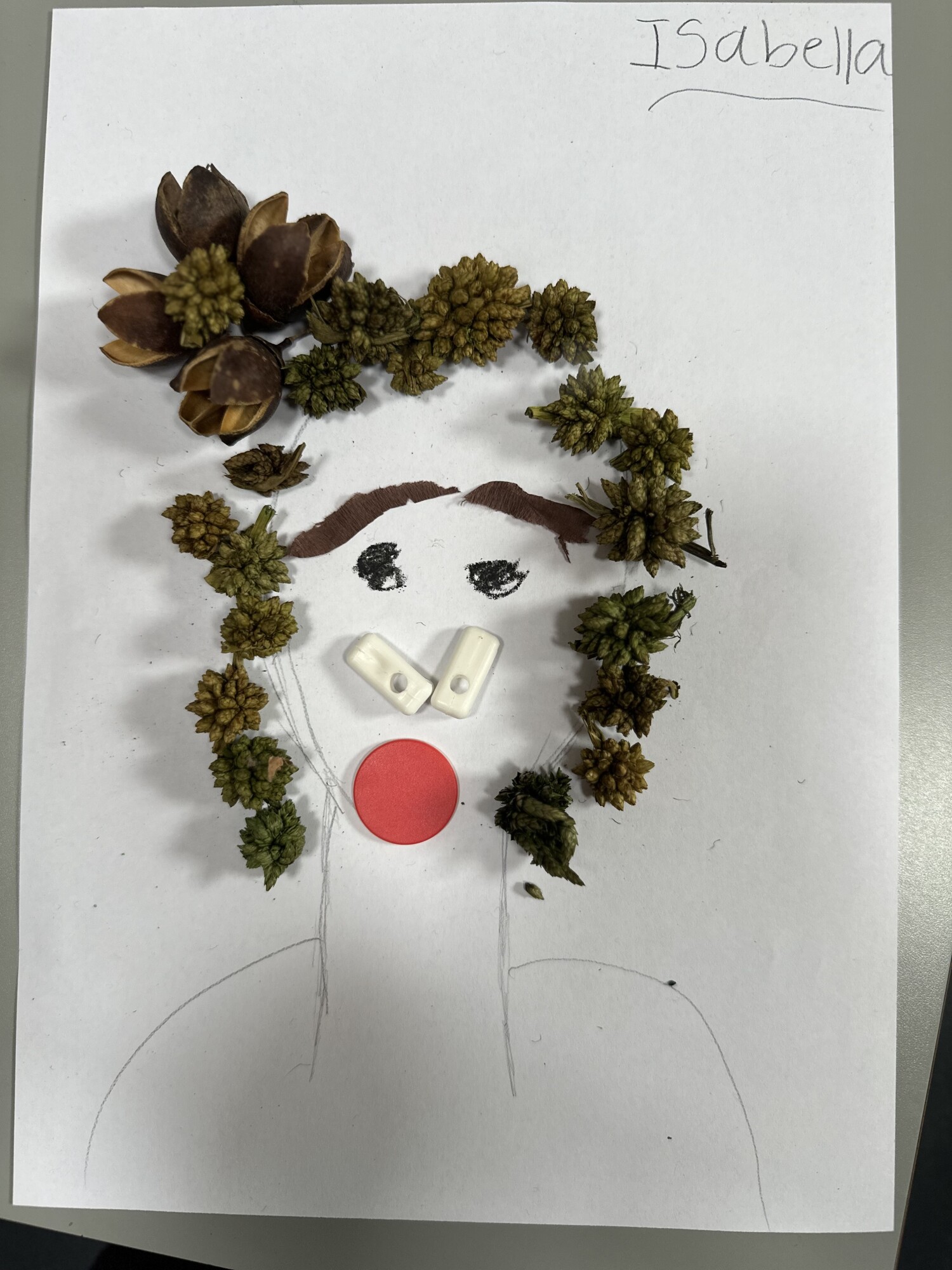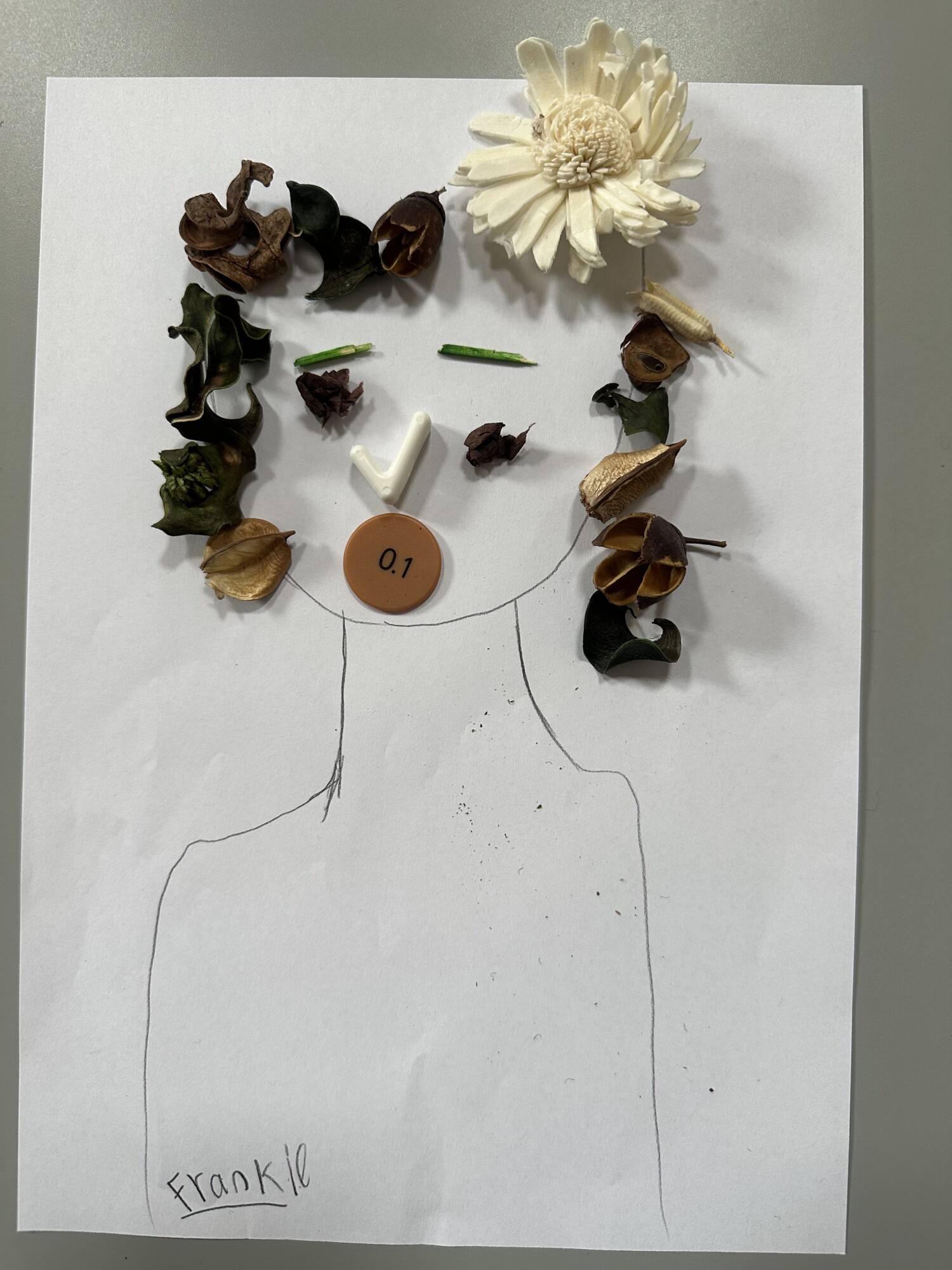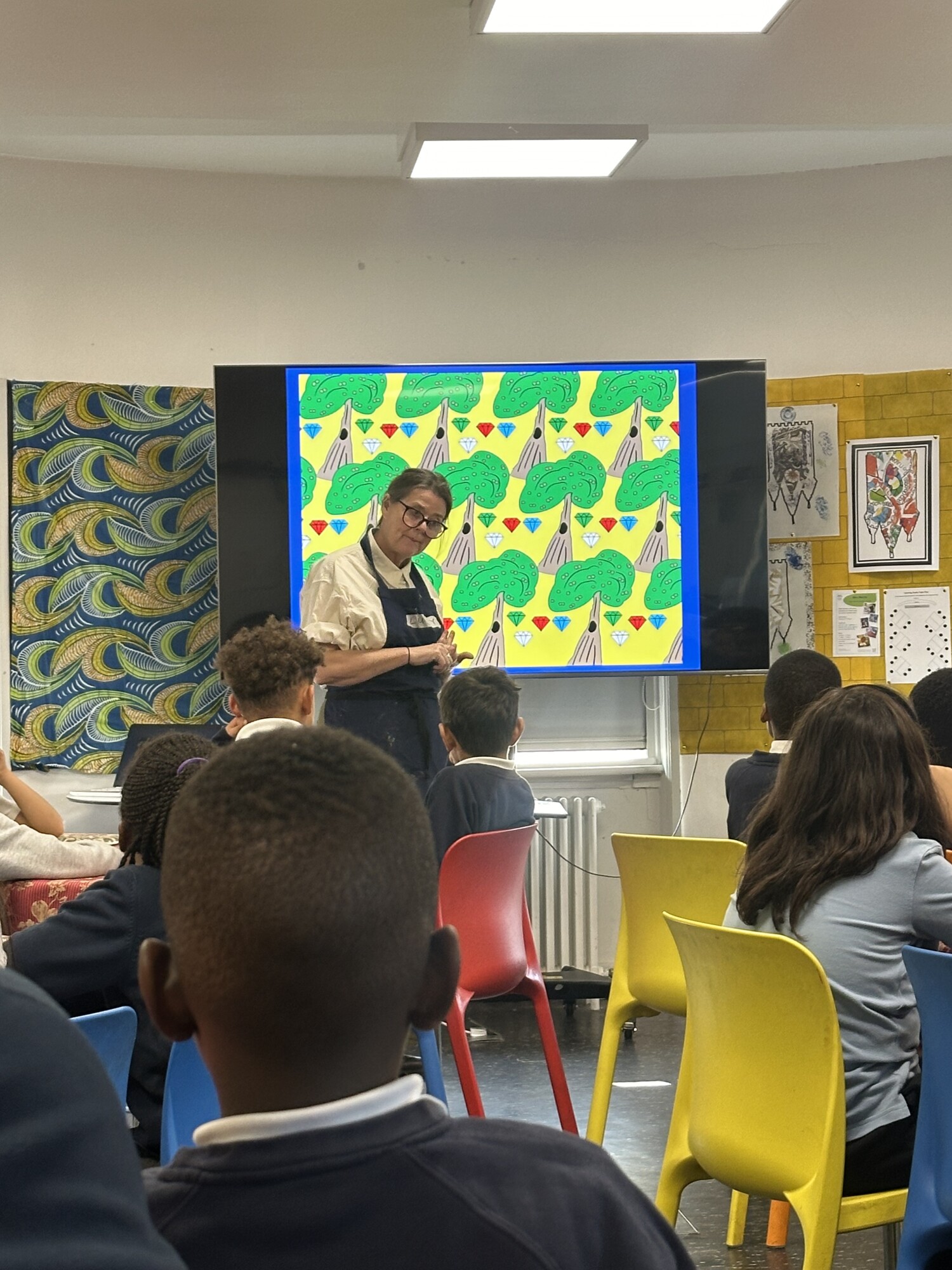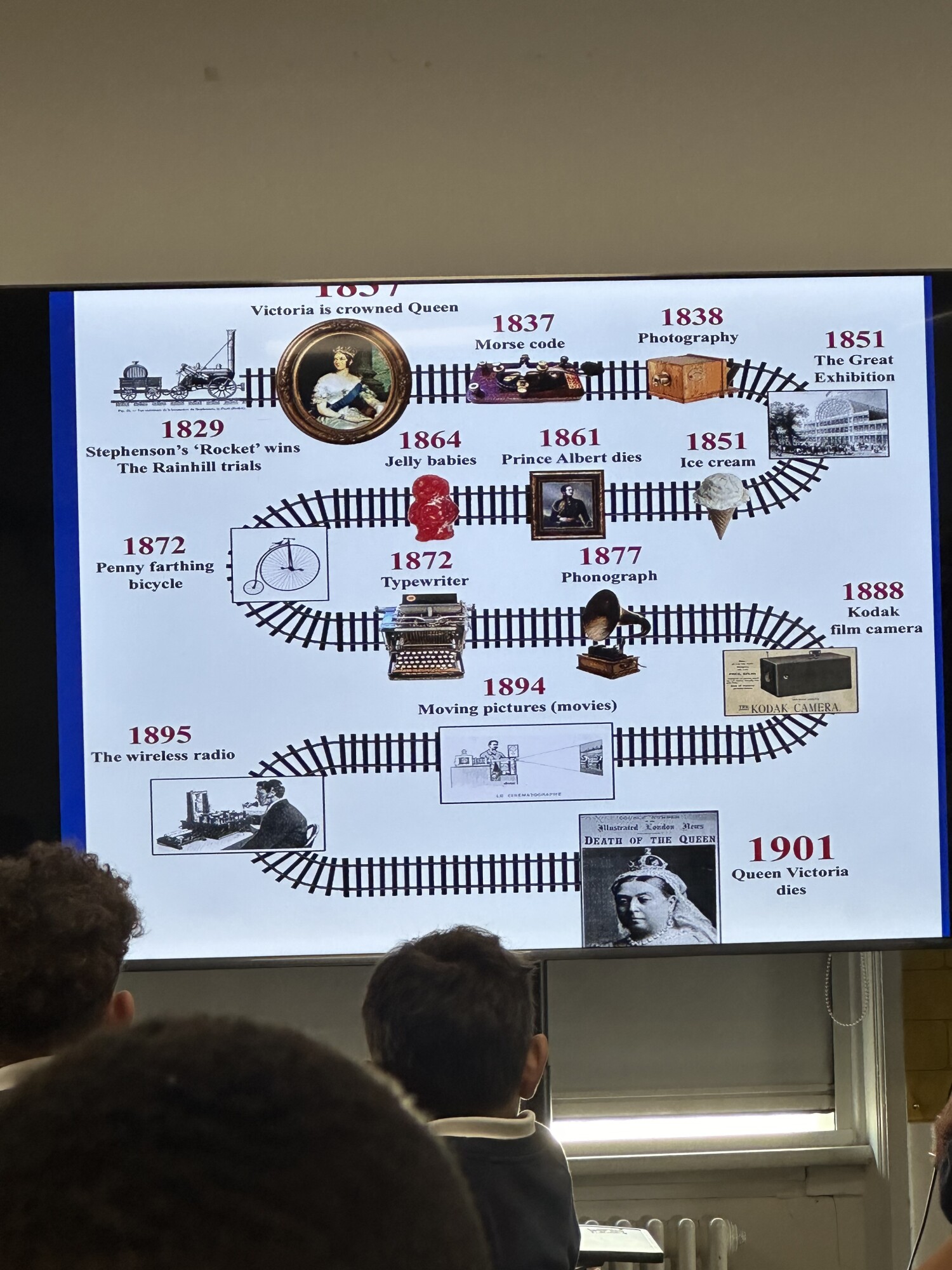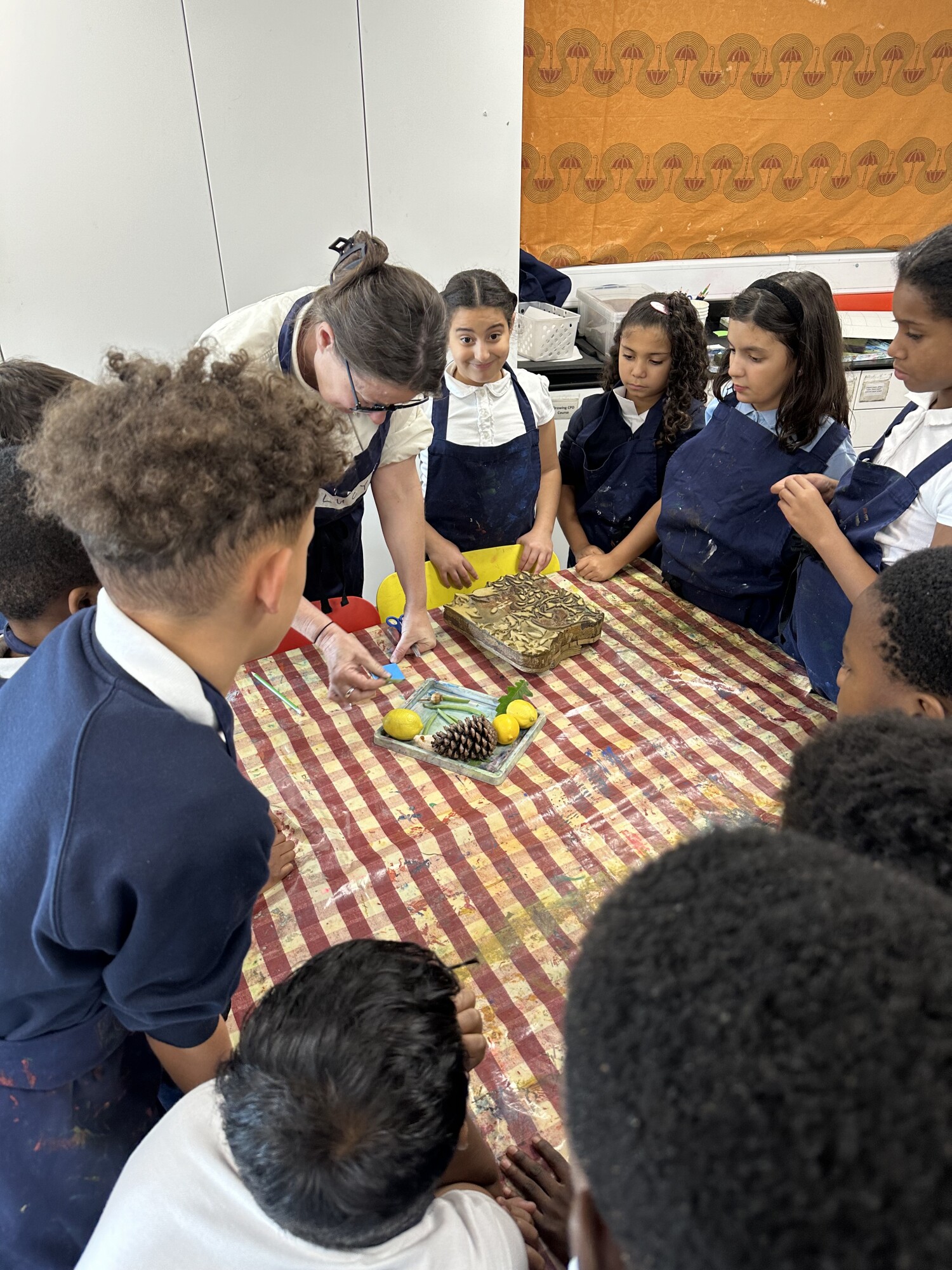Learning Hub
Year 5
Spring Term
English
In English, we have looked at Pride: The Story of Harvey Milk and the Rainbow Flag by Rob Sanders, which we began by exploring the symbolism and the history of the Rainbow/Pride Flag, before discovering the story and significance of Harvey Milk as well as other figures central to the LGBTQ+ Rights Movement of San Francisco in the late 1970s and beyond. During this sequence of learning, we wrote leaflets about the Pride Flag and gave speeches in the role of Harvey Milk and a biography of the activist’s life.
In reading, we have been looking at the text Me, My Dad and the End of the Rainbow by Benjamin Dean, using questioning from our VIPERS reading domains. This has allowed the children to discuss the text in depth and explore various aspects of the story. VIPERS stands for Vocabulary, Inference, Prediction, Explanation, Retrieval, and Sequence/Structure, which are key skills that help students develop a deeper understanding of the text. Our class reader this term has been Macbeth (A Shakespeare Story) by Tony Ross
Our focus in Spelling & Handwriting has been on recapping spelling rules from year 4, as well as words with the /i:/ sound spelt ei after c, words with 'silent' letters and endings -cious or -tious.
Maths
Here is a summary of the Spring Term in Year 5:
Multiplication and Division:
At the start of the term, students were developing their fluency in multiplication and division. They have learned efficient written and mental strategies to multiply up to four-digit numbers by a one-digit or two-digit number and have explored different methods of division, including short division with remainders. Students have also applied their skills to multi-step word problems, developing their reasoning and problem-solving abilities.
Fractions:
Building on their prior knowledge, students have deepened their understanding of fractions by learning how to identify equivalent fractions and convert between improper fractions and mixed numbers. They have practiced comparing, ordering, and simplifying fractions, as well as adding and subtracting fractions with different denominators. This work has helped them see the connections between fractions, decimals, and percentages.
Decimals and Percentages:
Students have explored the relationship between fractions, decimals, and percentages. They have learned to read, write, and compare decimals up to three decimal places and have practiced rounding them to the nearest whole number or tenth. Understanding percentages as "parts out of 100" has allowed students to express fractions and decimals as percentages and solve problems in real-life contexts.
Perimeter and Area:
In this unit, students have been measuring and calculating the perimeter of composite shapes, including rectilinear shapes. They have also explored the concept of area, using different strategies to find the area of rectangles and compound shapes. This has helped students understand how these measurements apply to real-world situations.
Topic
This term, Year 5 have been exploring the enquiry question ‘What Makes Britain Great?’, developing their geographical knowledge and skills to better understand the physical and human features of the UK.
Locational Knowledge
Students have learned to identify and locate the countries and major cities of the UK. They have also explored different physical environments, such as coastal and mountainous regions, understanding how these landscapes change over time.
Human Geography
Through their studies, students have investigated key aspects of human geography, including types of settlements, land use, and economic activity. They have explored how industries across the UK have evolved and how trade links and natural resources have influenced growth.
Places and Connections
Students have examined geographical similarities and differences between UK regions, considering climate, trade, and population. They have compared two UK cities, analysing how physical and human factors have shaped their development. Additionally, they have studied the political and cultural characteristics of the UK's constituent countries, deepening their understanding of Britain’s rich history and interdependence.
Mapping Skills
Building on their previous learning, students have improved their ability to use maps effectively. They have worked with compass points, grid references, and maps of different scales, using Ordnance Survey maps to investigate local geographical issues.
Fieldwork and Investigation
As part of their enquiry, students have engaged in practical fieldwork, creating sketch maps with symbols, keys, and scales. They have used digital mapping tools to explore geographical features and presented their findings using graphs and data analysis.
Through this unit, Year 5 have developed a deeper understanding of what makes Britain unique, exploring its landscapes, cities, and people while enhancing their geographical enquiry skills.
Science
In Spring 1, our topic was Living Things and Their Habitats. The Big Ideas we looked at through enquiry in this topic were that humans move through different stages of growth and development and that living things have characteristics and requirements for life, growth and health.
In Spring 2, our topic was Forces. The Big Ideas we are looking at this half term are that changing the movement of an object requires a net force (push or pull) to be acting on it and that the movement of Earth afffects the seasons and times of day.
Autumn Term
English
In English, we have been studying Julius Zebra by Gary Northfield, a story about a Zebra who gets captured in his home in Africa and taken to Rome to compete as a Gladiator for Emperor Hadrian himself! We have been practising writing direct speech, building on our knowledge of subordinate clauses from year 4, and challenging ourselves to use them in our writing. We have written a narrative and a formal complaint letter from Septimus to Emperor Hadrian, ensuring we include formal language and modal verbs!
We have also been diving into The Tempest (A Shakespeare Story). While exploring different retellings of the story can be enjoyable, it's also important for students to experience the original play in its script form and to see it performed—either through film or, ideally, on stage. We showcased this for our class assembly! Throughout this unit, students have been engaging with the play's themes, characters, and key ideas. They’ve had various writing opportunities, including creating character descriptions, comparing characters, describing scenes and settings, and writing diary entries from the perspective of different characters. In addition to creative writing, students have been learning the conventions of writing playscripts, focusing on elements like dialogue, stage directions, and how to convey action through text. They’ve also had a chance to explore some of Shakespeare’s unique writing features, such as iambic pentameter.
In reading, we have been looking at our English texts Julius Zebra and The Tempest using questioning from our VIPERS reading domains. This has allowed the children to discuss the text in depth and explore various aspects of the story. VIPERS stands for Vocabulary, Inference, Prediction, Explanation, Retrieval, and Sequence/Structure, which are key skills that help students develop a deeper understanding of the text.
Our class readers this term have been The Rotten Romans by Terry Deary and Macbeth (A Shakespeare Story) by Tony Ross
In the first half of the term, the focus in Spelling & Handwriting was on solidifying foundational spelling knowledge. Key spelling rules, patterns, and strategies to help them spell more accurately were introduced. In the second half of the term, we deepened our understanding of more complex spelling rules and patterns while continuing to build on foundational skills.
Maths
This autumn term in Year 5, students have been building strong foundations in key mathematical concepts. Here’s a summary of what we've covered so far:
Place Value:
We began the term by deepening our understanding of numbers up to 1,000,000. Students explored the value of each digit in large numbers, learning how to read, write, and compare them. They also developed their skills in rounding numbers to the nearest 10, 100, 1,000, and beyond.
Addition and Subtraction:
Next, we focused on adding and subtracting larger numbers, including those with more than four digits. Students practiced mental and written methods for addition and subtraction, with an emphasis on carrying and borrowing. They also applied their skills to solve problems in a variety of contexts.
Multiplication and Division:
In this unit, students worked on multiplying and dividing larger numbers by one-digit and two-digit numbers. They refined their understanding of multiplication and division facts and applied these skills to solve problems. Students also worked with long multiplication and division, including with remainders, and solved real-life word problems.
Fractions:
We’ve spent time building our understanding of fractions, starting with comparing and ordering fractions with the same denominator. Students also worked on converting between improper fractions and mixed numbers, as well as adding and subtracting fractions with the same denominator. We introduced the concept of equivalent fractions and explored how to simplify fractions.
History
Our topics this term have been Roman Britain following the enquiry question "How did the Roman Empire leave its mark on Britain?" and The Victorians following the enquiry question "How have our lives changed because of the Victorians?"
The key substantiative knowledge threads of our learning have been:
Migration and Settlement
Achievements and Legacy:
Power and Rule / Invasion and Conflict
Science
Our topic is 'Properties and Changes of Materials'. We have been identifying the properties of different materials and linking that to our previous knowledge - such as understanding whether something is a conductor of electricity based on its properties. We investigated thermal conductors by carrying out an experiment using various cups containing boiling water. We measured how quickly the temperature of the water decreased over some time. We then chose the data of one of the cups to display on a line graph.
Computing
In computing, we have been developing our understanding of computer systems and how information is transferred between systems and devices. We have been considering small-scale systems as well as large-scale systems. We can explain the input, output, and process aspects of various real-world systems. We have also been discovering how information is found on the World Wide Web, through learning how search engines work (including how they select and rank results) and what influences searching, and through comparing different search engines.
Spanish
This half term, our topics have been La fecha (The date) and En la cafetería (At the cafe). The children have been learning to:
Recognise and recall the 7 days of the week in Spanish.
Recognise and recall the 12 months of the year in Spanish.
Recognise and recall numbers 1-31 in Spanish.
Ask and answer the question ‘¿Qué fecha es hoy?’ (What is the date today?) in Spanish.
Ask and answer the question ‘¿Cuándo es tu cumpleaños?’ (When is your birthday?) in Spanish.
Remember and recall a wide variety of foods, snacks, and drinks (with their indefinite article/determiner) typically served in a Spanish cafetería.
Understand better how to change a singular noun to plural form.
Perform a short role-play ordering what they would like to eat and drink.
R.E
Our Autumn 1 topic was "What do religions believe about God? All faiths and world views". We considered what faith means and how Christians and followers of other religions describe God. We have also thought about the meanings of stories from sacred texts about people who encountered God and why there are many ideas about God. In Autumn 2, our topic was "Christmas around the world".
P.E
In the Autumn term, our topics are 'Games (sending skills using hands)' and 'Gymnastics'
